JOIN A LIVE COHORT TO LEARN A NEW APPROACH TO REIMAGINE & REDESIGNING OUR ECONOMY IN ALIGNMENT WITH LIVING SYSTEMS.
This is not just a course, it’s the course we must take to build a regenerative and self-sustaining economy that is of service to all life. Held in an 8-week live-cohort setting with Thought Leaders from around the globe, you’ll tap into diverse perspectives on the core principles, frameworks, and practical application of Regenerative Economics.
In a live 8-week online course with live lectures, Discovery Dialogues, Practice Labs and community discussions, you’ll learn how a living systems approach opens up fresh perspectives on economics and provides a credible and scientifically sound response to the polycrisis. Rather than learning traditional economic theory, rooted in the fatal flaw of neoclassical economics, you’ll discover how a regenerative framework for economics, aligned with how life works, is the critical source of our future prosperity.
Join over 1500 professionals, leaders, students, policymakers, and thought-leaders from 53 countries who have already started a collective journey to reimagine our economy recognizing our unique moment in time, not merely as an era of change, but a change in era.
A NEW 6-8 Hour On-Demand course to learn the premises, frameworks, and principles of regenerative economics.
Format: Online, Virtual Cohort
Time: 8 Weeks | September 4 – October 30, 2024
Learning Experience:
This course is centered on how the 8 Principles for Regenerative Vitality, rooted in the patterns of living systems, can be used to build a vibrant and self-sustaining economy that is in service to all life. These eight principles provide critical insight into how and why integrity, ethics, caring, and sharing are non-negotiable systemic requirements for securing true prosperity and long-term social and ecological wellbeing for all.
Live Lectures are held by John Fullerton every Monday at 11am ET (New York) for the 8 weeks of the course. There will also be live events every Wednesday at 11am ET (New York) which will feature a series of live Discovery Dialogues (4) and Practice Labs (3). We will also provide various opportunities to integrate your learnings and connect with cohort community members throughout the course including bonus Warm Data Lab sessions with Nora Bateson and Inner Work sessions for a Regenerative Economy with Sandy Wiggins.
Dive in to the 8-week live cohort to learn a new approach to redesigning our economy in alignment with living systems. Scholarships are available for this course through the Generosity Fund. For an optimal learning experience, we recommend completing Fundamentals of Regenerative Economics as a primer for this course, however it is not required.

Enroll now for Cohort 6 of Introduction to Regenerative Economics to get free access to Fundamentals of Regenerative Economics. Special Bonus: The first 100 registrants will be invited to an exclusive post-cohort seminar with John Fullerton.
$1200 Value
Choose this option to enroll for Capital Institute’s Introduction to Regenerative Economics Course with a one-time payment.
Choose this option to enroll in Capital Institute’s Introduction to Regenerative Economics Course with a 2-month payment plan.
The scholarship application period for Cohort 6 is open until August 21. We offer scholarships for the full program through the Generosity Fund and its mission to remove the financial barrier to the global regenerative awakening and ensure that everyone has access to the resources they need regardless of their means. Learn more
This course is designed to continuously evolve to integrate a diversity of voices, perspectives and topics. The thought leader line-up for the February-March 2024 Cohort is subject to minor changes and additional thought leaders to be announced.
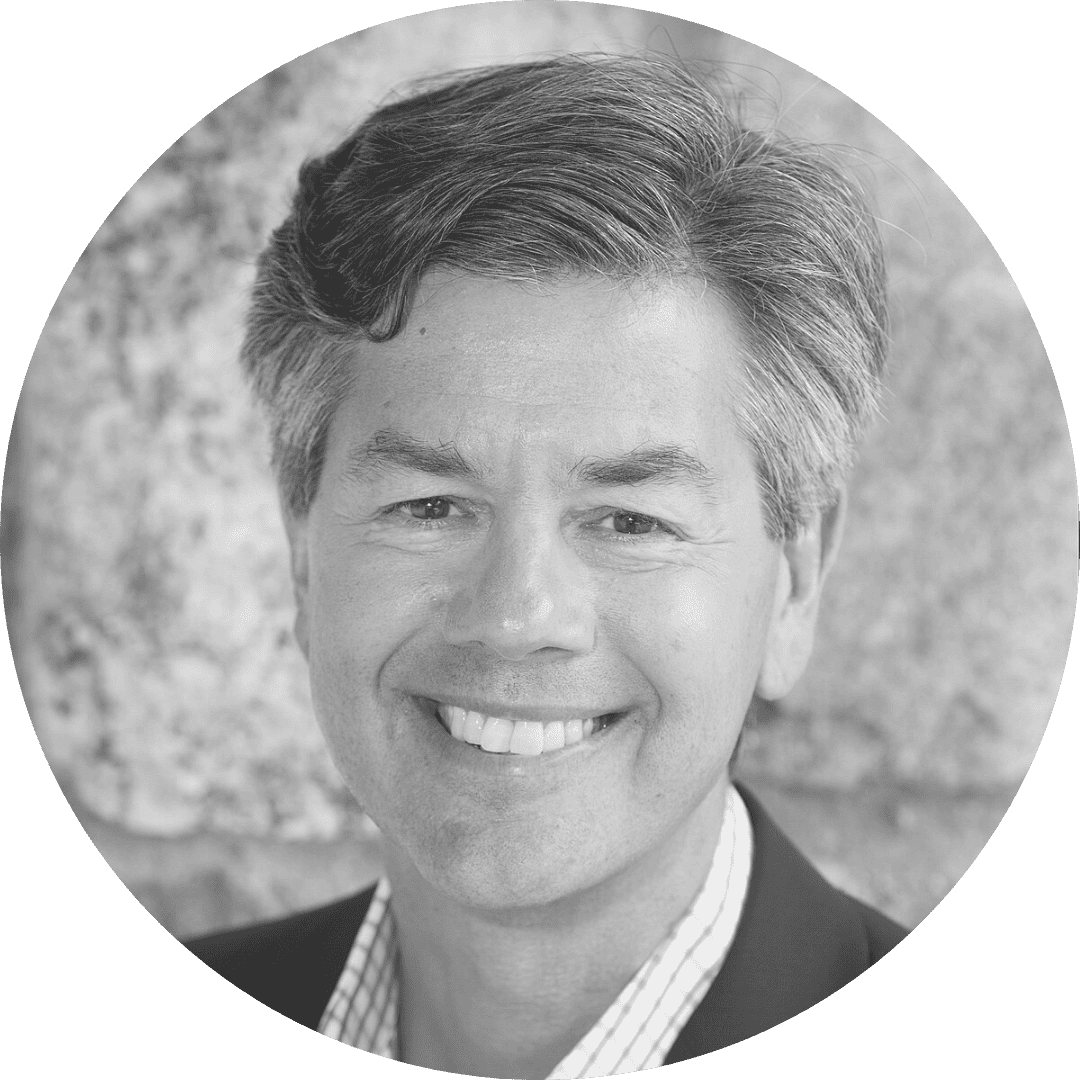
FOUNDER & PRESIDENT CAPITAL INSTITUTE
John Fullerton is an unconventional economist, teacher, writer, impact investor, and some have said philosopher. Building on and integrating the work of many, he is the architect of Regenerative Economics, first conceived in his 2015 booklet, “Regenerative Capitalism: How Universal Patterns and Principles Will Shape the New Economy.” John’s work, now featured in two pathbreaking live courses, Introduction to Regenerative Economics, and Finance for a Regenerative World, has been experienced by over 1000 people from 50 countries to wide acclaim.
After a successful 20-year career on Wall Street where he was a Managing Director of what he calls “the old JPMorgan,” John listened to a persistent inner voice and walked away in 2001 with no plan but many questions. A few months later he experienced 9-11 firsthand. The questions crystallized into his life’s work with the creation of the Capital Institute in 2010, where his work reflects the rising evolutionary shift in consciousness from Modern Age thinking to Integral or Unitive Age thinking.
Capital Institute is dedicated to the bold reimagination of economics and finance in service to life. Guided by the universal patterns and principles that describe how all healthy living systems that sustain themselves in the real world actually work, and which happen to be remarkably aligned with the world’s diverse wisdom traditions. The promise of Regenerative Economics and Finance is to unlock the profound and presently unseen potential that is the source of our future prosperity and the reason for hope in these troubled times.
During his Wall Street career, John managed numerous capital markets and derivatives businesses around the globe and was JPMorgan’s Oversight Committee Representative that managed the rescue of Long Term Capital Management in 1998. Finally, he was Chief Investment Officer for Lab Morgan’s venture investment portfolio before retiring from the firm and walking away from Wall Street for good.
John was featured in the 2021 award-winning documentary Going Circular and the newly released documentary Man on the Run revealing the Malaysian 1MBD scandal. He is the co-founder of Grasslands, LLC, a board member of the Savory Institute, an advisor to numerous sustainability initiatives, and is a full member of the Club of Rome. He speaks internationally to public audiences and universities, and writes a monthly blog, The Future of Finance. His first sole authored book is due out in 2024.
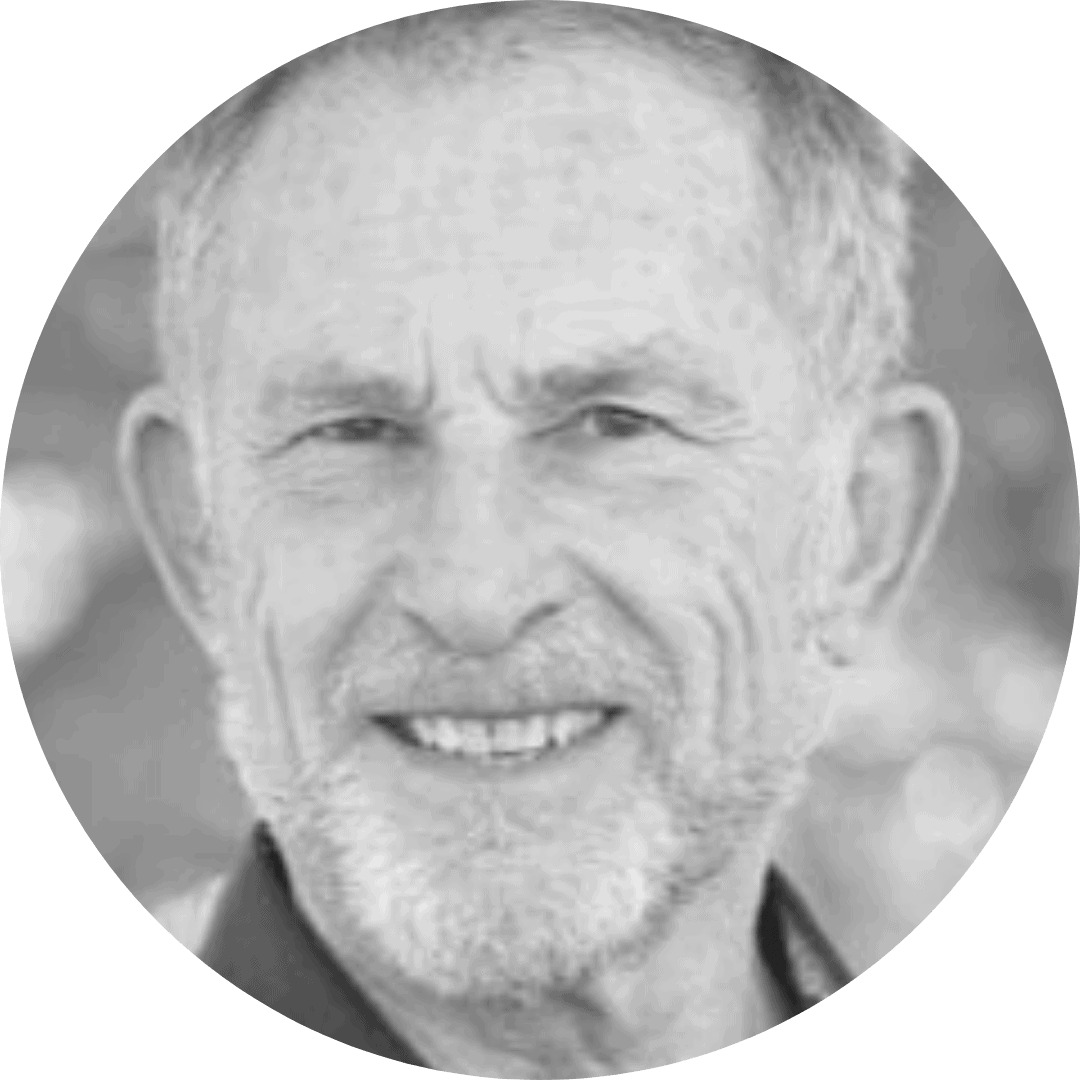
Entrepreneur & Writer
Peter Barnes is an innovative thinker and entrepreneur whose work has focused on fixing the deep flaws of capitalism. He co-founded several socially responsible businesses (including Working Assets and Credo Mobile), and has written, among other books, Who Owns the Sky? and Ours: The Case for Universal Property. He lives in Point Reyes Station, California, with his wife, dog and vegetable garden.
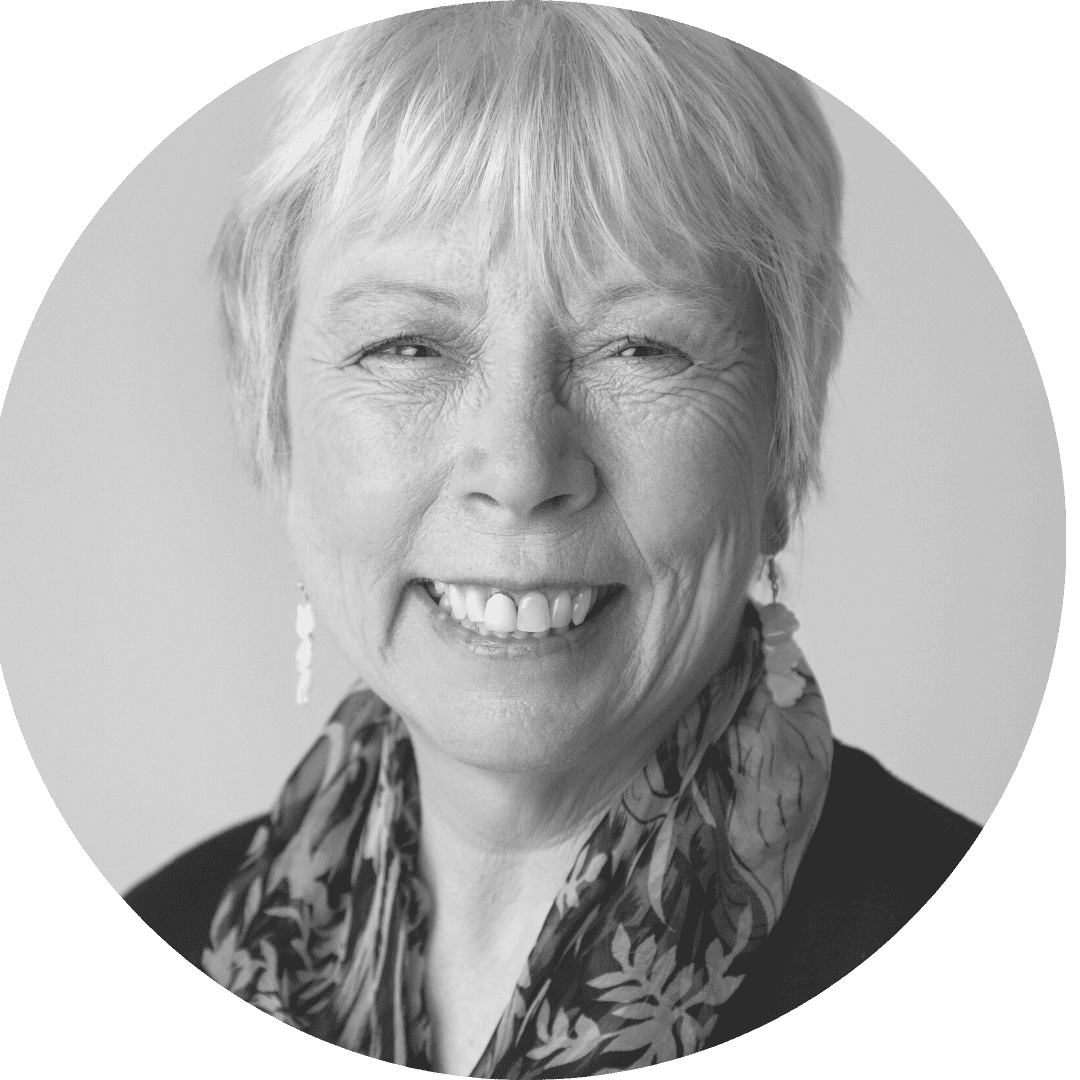
Co-Founder, WholeWorld-View
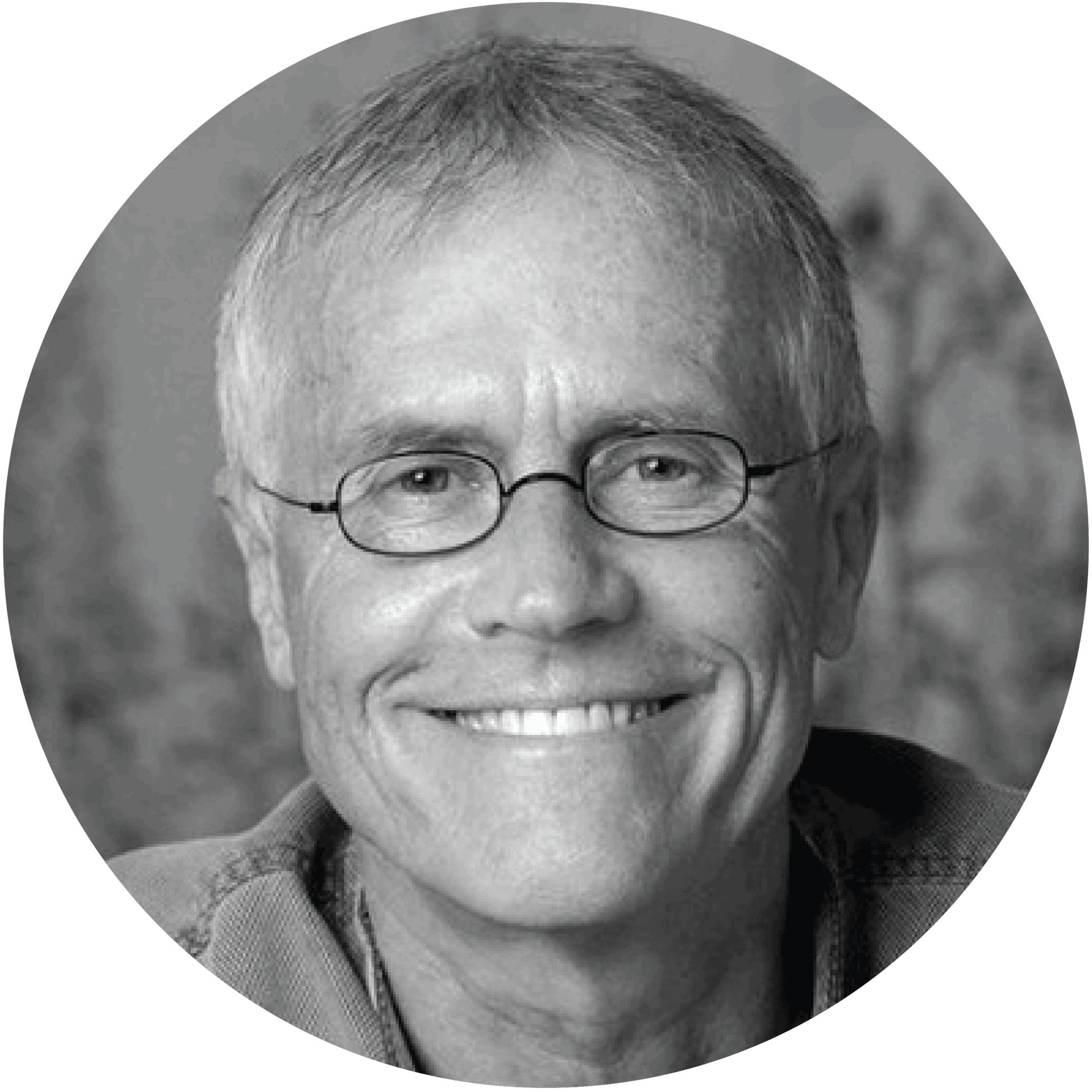
Environmentalist, entrepreneur, author and activist
Paul Hawken starts ecological businesses, writes about nature and commerce, and consults with governments and CEOs on climatic, economic and ecological regeneration. He lives in Cascade Canyon in Northern California with nuthatches, grey fox, coyotes, pileated woodpeckers (once in a great while), and a red-shouldered hawk who visits regularly on his field mouse patrol He has written eight books, five national and NYT bestsellers, is published in 30 languages, and his books are available in over 90 countries. His book Drawdown, The Most Comprehensive Plan Ever Proposed to Reverse Global Warming debuted as a NYT bestseller on 2017 and is currently in seventeen other languages. He just completed his latest work, Regeneration, Ending the Climate Crisis in One Generation, published by Penguin RandomHouse, September 21stth in the US and UK. And after only one week, Regeneration hit #6 on the NYT bestseller list. Paul will send a free copy to the first person who can guess his favorite food (hint: it is definitely a plant).
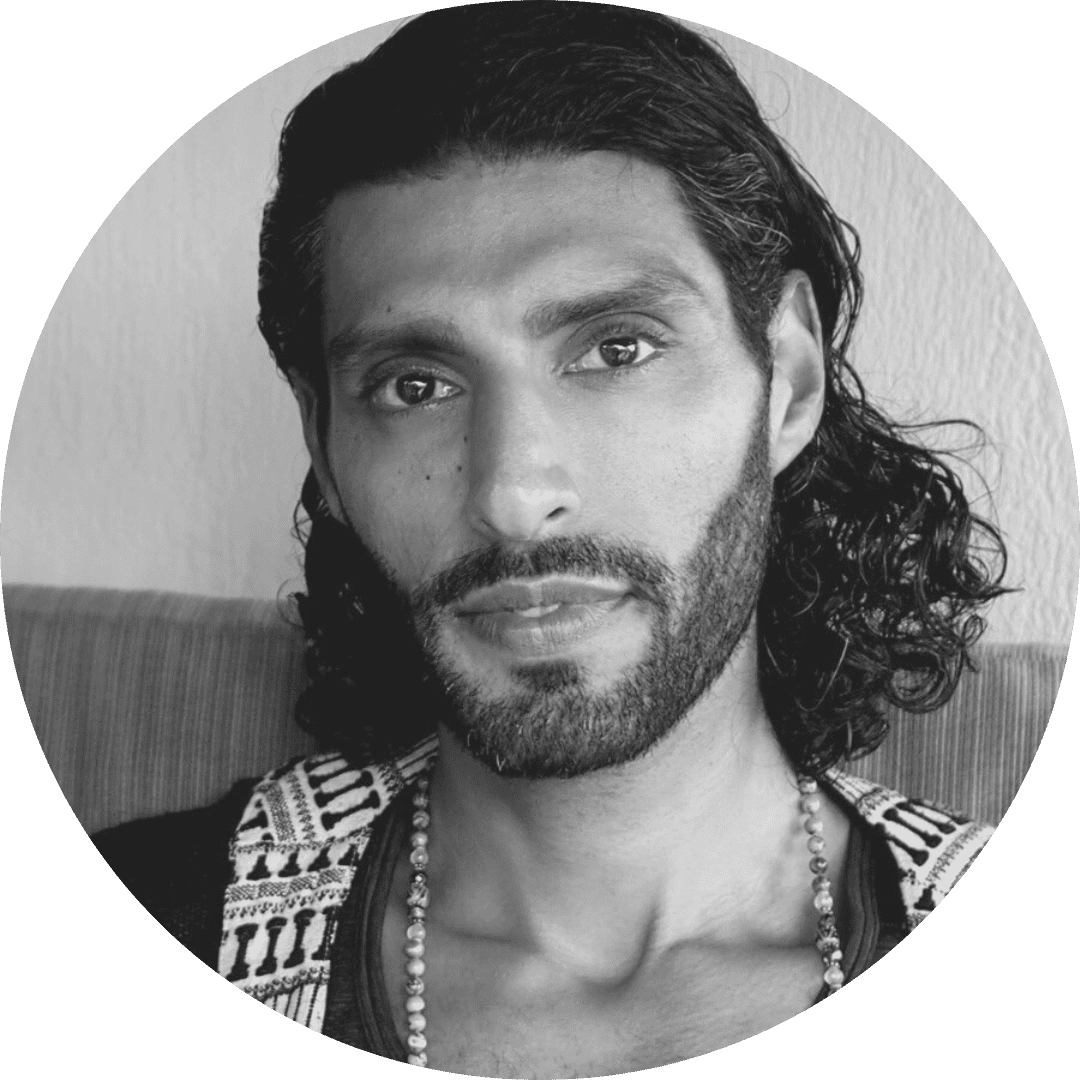
Co-Director, Transition Resource Circle
Alnoor’s work focuses on the intersection of political organizing, systems thinking, structural change and narrative work. He was the co-founder and Executive Director of The Rules, a global network of activists, organizers, designers, coders, researchers, writers and others focused on changing the rules that create inequality, poverty and climate change. TR started in 2012 as a time-bound project and an experiment in temporary organizational design, exploring new ways of how to work, play, and make trouble together.
Alnoor comes from a Sufi lineage and writes about the crossroads of politics and spirituality in troubled times. His work has been published in Al Jazeera, The Guardian, Truthout, Fast Company, Kosmos Journal, New Internationalist, and the Huffington Post among others. He is a board member of Culture Hack Labs, a co-operatively run advisory for social movements and progressive organizations. He is currently the co-director of Transition Resource Circle, a “temporary organizational zone” for the healing of wealth and money. He holds an MSc in Philosophy and Public Policy from the London School of Economics.
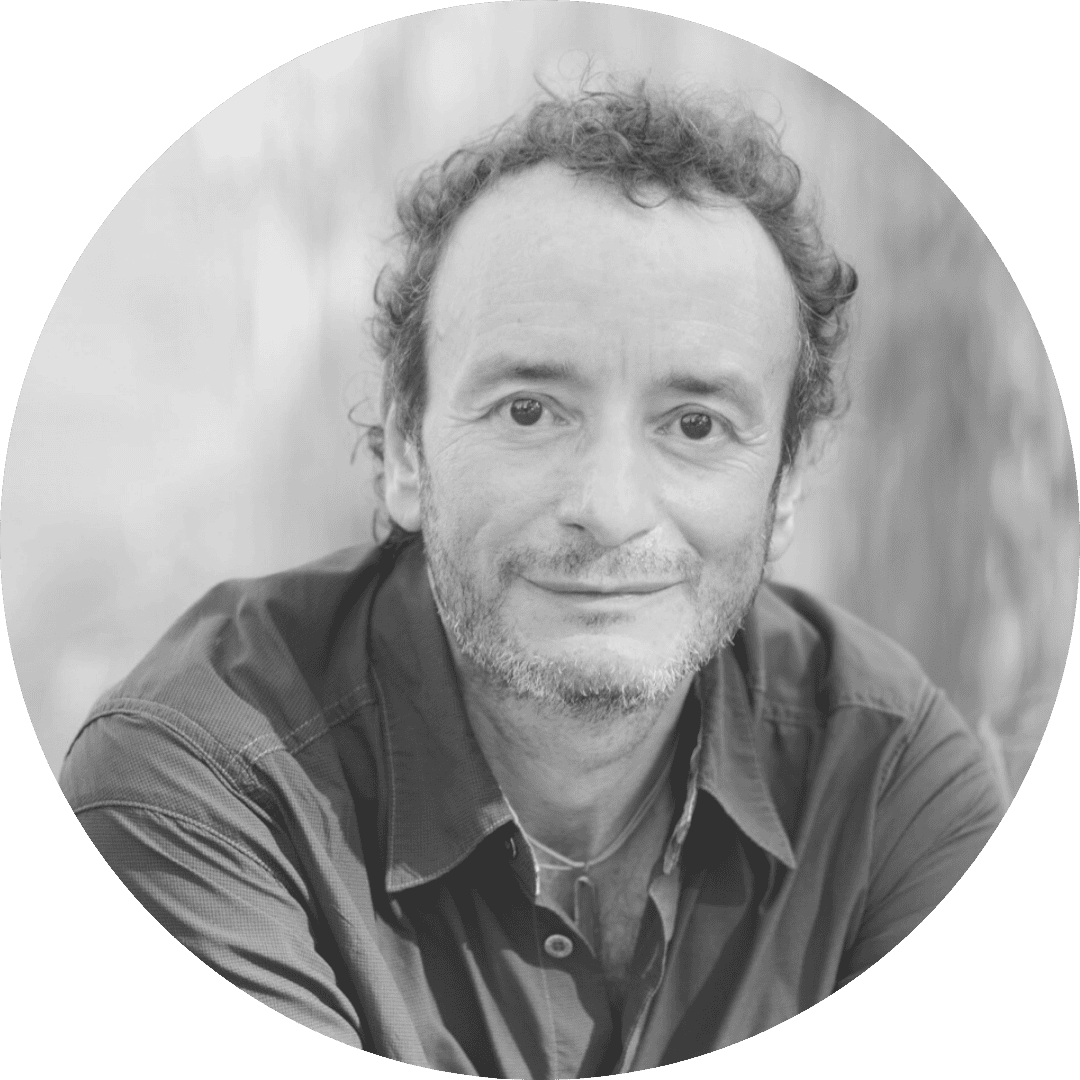
Author, Speaker, Activist
Jeremy Lent, described by Guardian journalist George Monbiot as “one of the greatest thinkers of our age,” is an author and speaker whose work investigates the underlying causes of our civilization’s existential crisis, and explores pathways toward a life-affirming future. His award-winning book, The Patterning Instinct: A Cultural History of Humanity’s Search for Meaning, examines the way humans have made meaning from the cosmos from hunter-gatherer times to the present day. His recent book, The Web of Meaning: Integrating Science and Traditional Wisdom to Find Our Place in the Universe, offers a solid foundation for an integrative worldview that could lead humanity to a sustainable, flourishing future. He is founder of the nonprofit Liology Institute and writes topical articles exploring the deeper patterns of political and cultural developments at Patterns of Meaning. Author website: jeremylent.com.
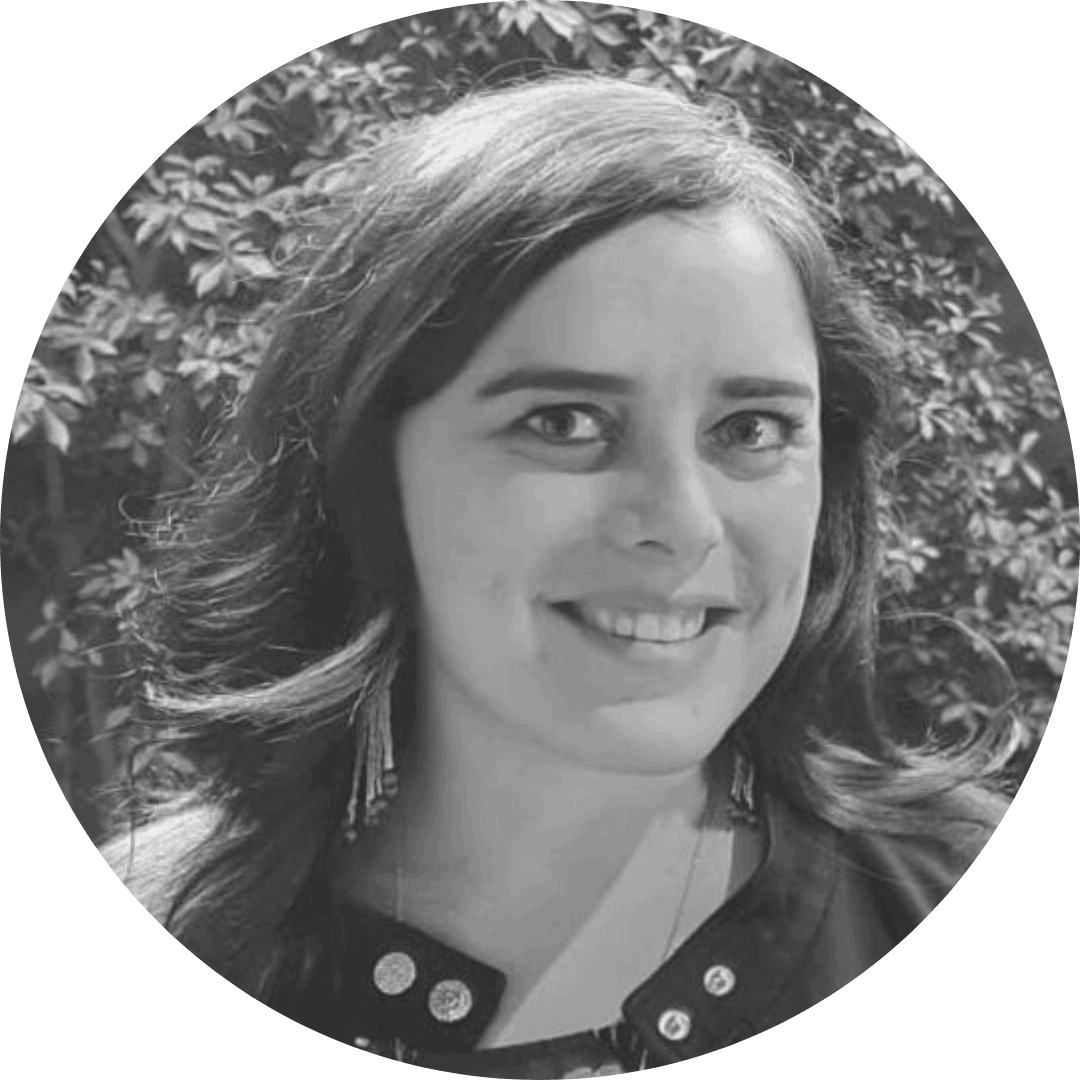
Chief Purpose Officer and General Partner at Regenera Ventures Fund
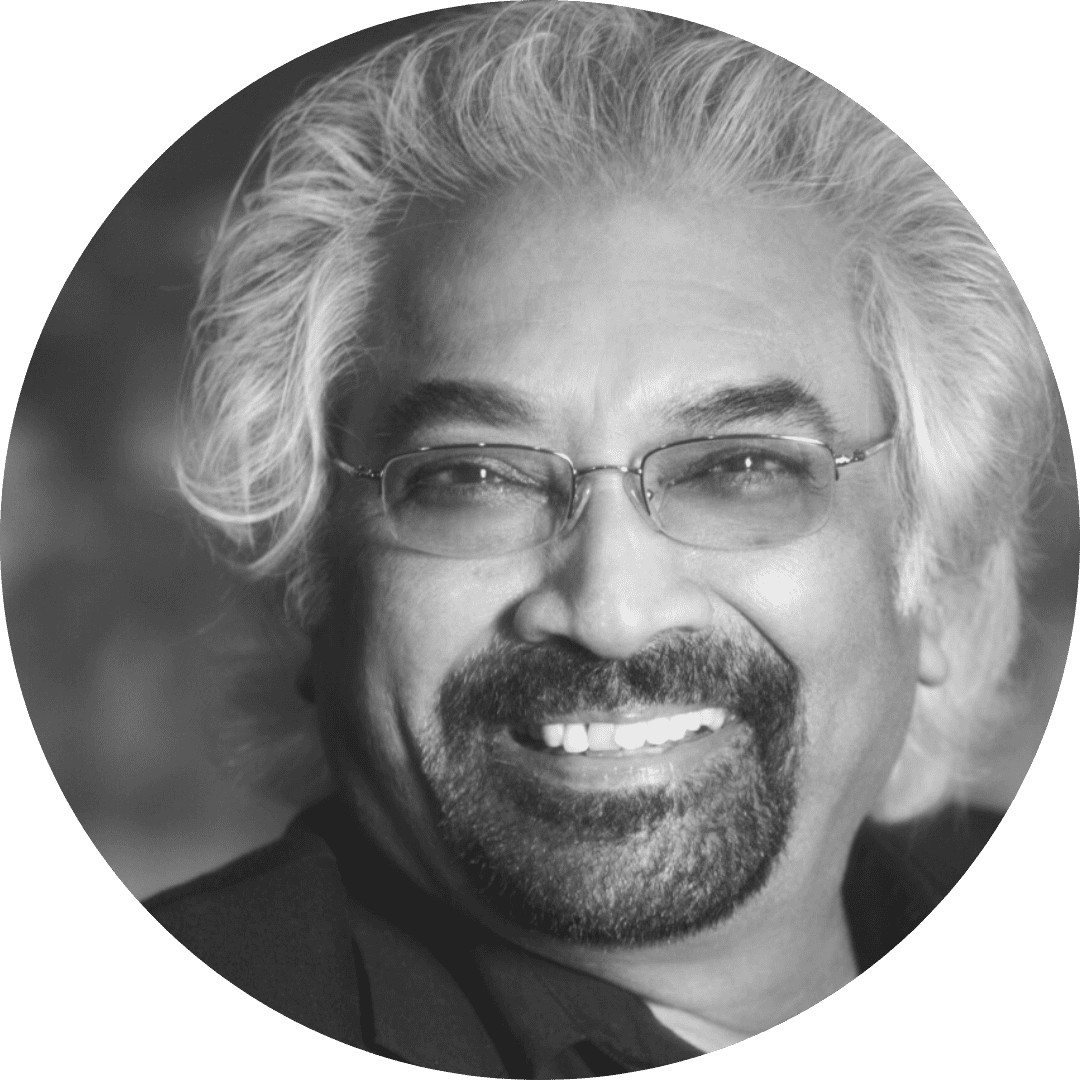
Chairman, the Pitroda Group
Sam Pitroda is an internationally respected development thinker, policy maker, telecom inventor and entrepreneur with over 55 years in Information and Communication Technology. Credited with having laid the foundation of India’s Technology and Telecommunications revolution in the 1980s Mr. Pitroda has been a leading voice in bridging the global digital divide. Sam was chairman of India’s National Knowledge Commission and Advisor to the Prime Minister of India with the rank of a cabinet minister. He was also Chairman of the National Innovation Council, Smart grid task force, Railway modernization and Public broadcast reforms. At present he is founder, investor and chairman of six startups and several nonprofit foundations. He holds over 100 patents and has published and lectured extensively in US, Europe, India and Latin America. His biography was published in 1992 and his autobiography “Dreaming Big” was published by Penguin Random House in 2015.
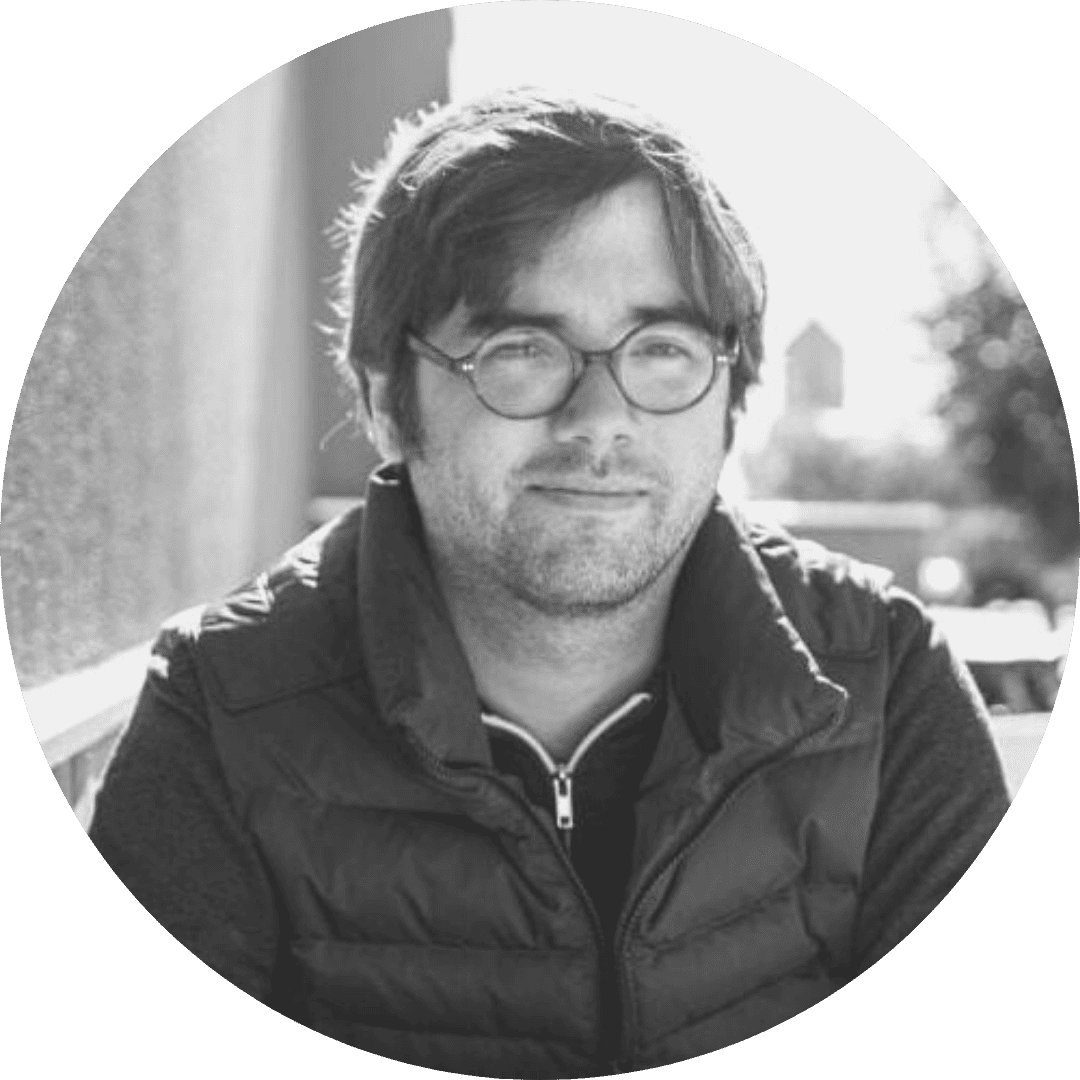
Coder, Founder Democracy Earth, Co-Founder Proof of Humanity
Founder of Democracy Earth Foundation, a non-profit organization backed by Y Combinator that built Universal Basic Income on Ethereum and the Proof of Humanity protocol. Executive Director of DAO Education, building educational tools for the Information Society. Author of “Hacktivismo”, published in 2015 by Random House.
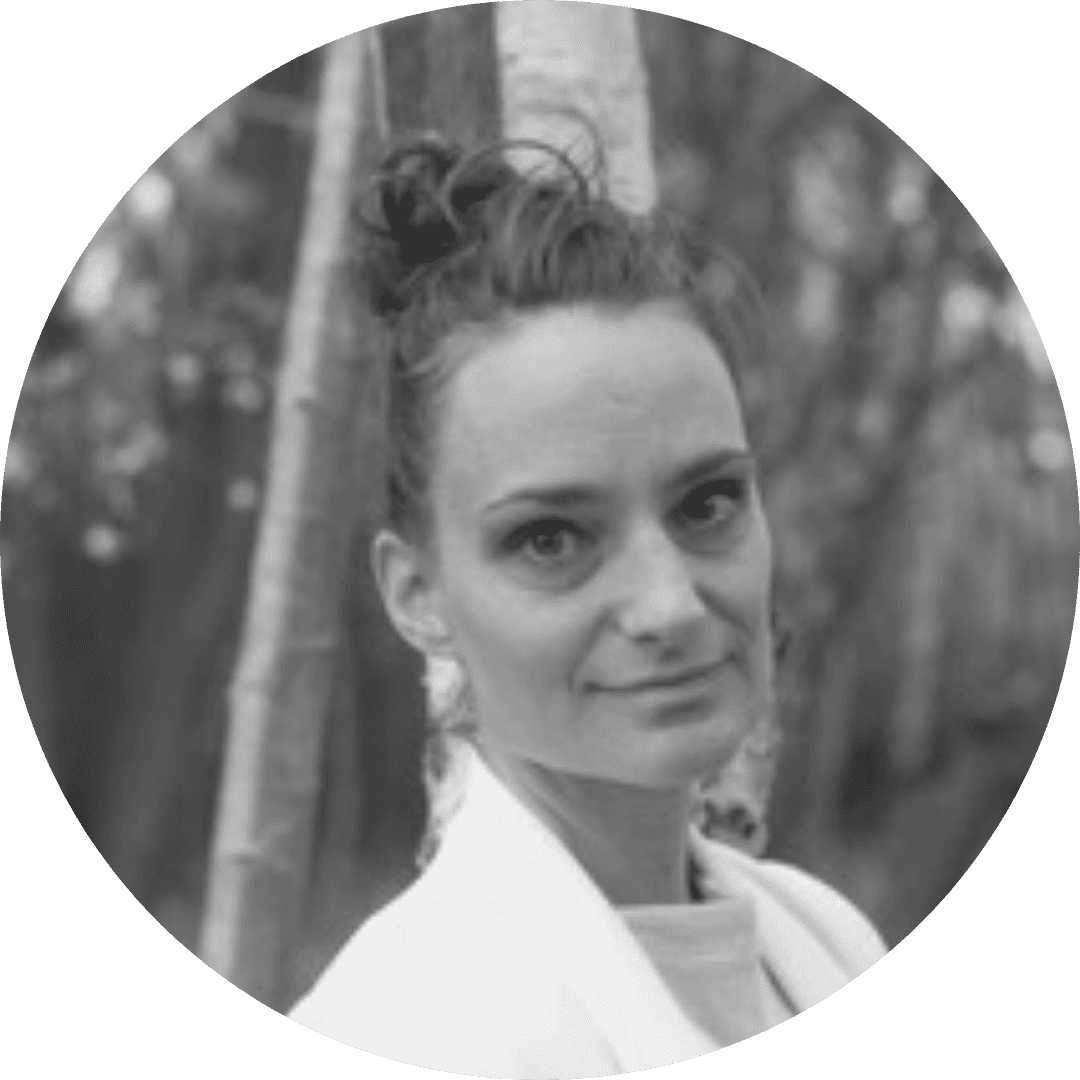
Founder, Regenerators
Laura is the Founder of Regenerators and has spent her entire career working in the intersection of sustainability, organizational development, climate change policy and the intelligence of nature. She has started and led multiple international organizations focused on the global transformation to sustainability – including Copenhagen Climate Council and Sustainia. She has been awarded the title “Worldchanger” by Greenbiz, named one of the 30 leading women within sustainability and regeneration by Sustainable Brands, is selected by the World Economic Forum as a Young Global Leader, a World Economic Forum Sustainability Expert and serves on many Boards. She runs regenerative transformation processes on Regenerators Academy for individuals and organisations and is the co-author of the much-praised book Regenerative Leadership – the DNA of life-affirming 21st century organisations.

CEO of The B Team
Halla Tómasdóttir is the CEO of The B Team, a group of courageous business and civil society leaders working together to transform business for a better world. Halla started her leadership career in corporate America working for Mars and Pepsi Cola. She was on the founding team of Reykjavík University where she established the Executive Education Department, founded and led a successful women’s entrepreneurship and empowerment initiative and was an assistant professor at the Business School. She was the first female CEO of the Iceland Chamber of Commerce and later went on to co-found an investment firm with the vision to incorporate feminine values into finance. The company successfully survived the infamous economic meltdown in Iceland. In 2016 Halla was an independent candidate for the President of Iceland. She entered a crowded field of candidates and finished as the runner-up with nearly 30 percent of the vote.
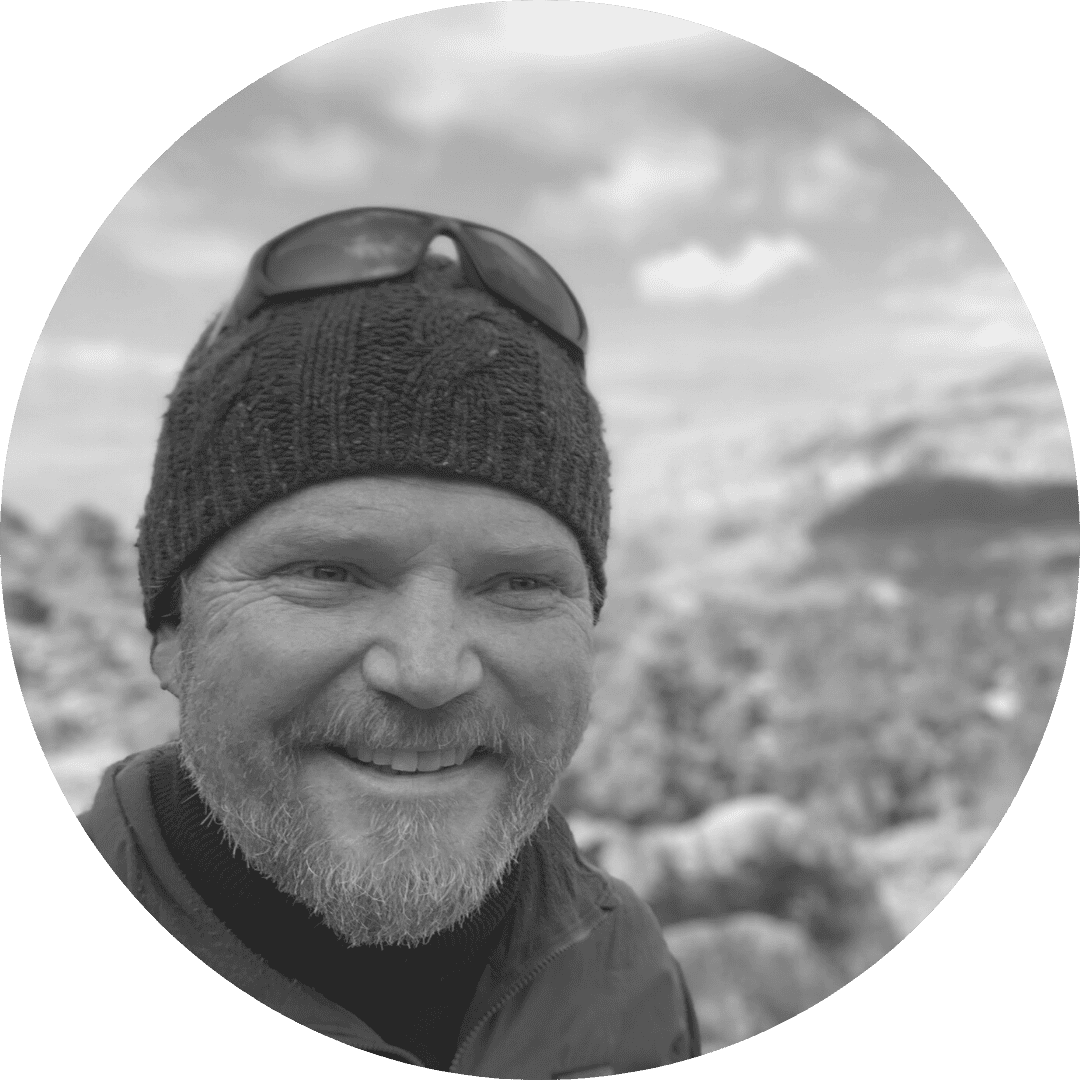
Transformative Innovation, Whole Systems Design, Consultancy, Futures, author of 'Designing Regenerative Cultures'
Daniel Christian Wahl originally trained as a biologist, and holds degrees in Biology (BSc. Hons., Univ. of Edinburgh), Holistic Science (MSc.,Schumacher College) and Natural Design (PhD., Univ. of Dundee). He was the director of Findhorn College between 2007 and 2010, is a member of the International Futures Forum and H3Uni, an advocation partner of r3.0, and on the advisory councils of Ecosystems Restoration Camps, Commonland, the Ojai Foundation, the Systems Change Alliance and the Overview Institute of Australia, as well as, a Findhorn Foundation Fellow. and a member of the Evolutionary Leaders Circle. Daniel lives on Majorca where he helped to set up SMART UIB and works locally and internationally as a consultant, educator and activist. Among his clients have been Ecover, Forum for the Future, Camper, Balears.t, Save the Med, Lush, UNITAR, UK Foresight, Future Stewards, and many universities and N.G.O.s. He served on the academic working group of the Global Ecovillage Network and has been linked to GEN for almost 20 years. Daniel has worked closely with Gaia Education sine 2007 and contributed to the development of their Design for Sustainability online course and co-authored the current versions of all four dimensions of the curriculum. He also wrote the content and developed the concept of Gaia Education’s SDGs Flashcards which with the support of UNESCO are now translated into 7 languages. Daniel teaches regularly on the MAs in Ecological Design Thinking and Regenerative Economics at Schumacher College. His 2016 book ‘Designing Regenerative Cultures’ has quickly gained international acclaim. It has been published by now in English, Brazilian, Portuguese, Spanish, and Italian editions with the German version arriving in mid-2022. Daniel’s Blog on Medium is followed by over 24k people and his social media advocacy has a combined audience of over 680k people around the world. In 2021 the Royal Society for Arts, Manufacture and Commerce – founded in 1754 – awarded Daniel with the Bicentenary Medal for “an outstanding and demonstrable contribution, through … design practice, towards an equitable and regenerative world.”
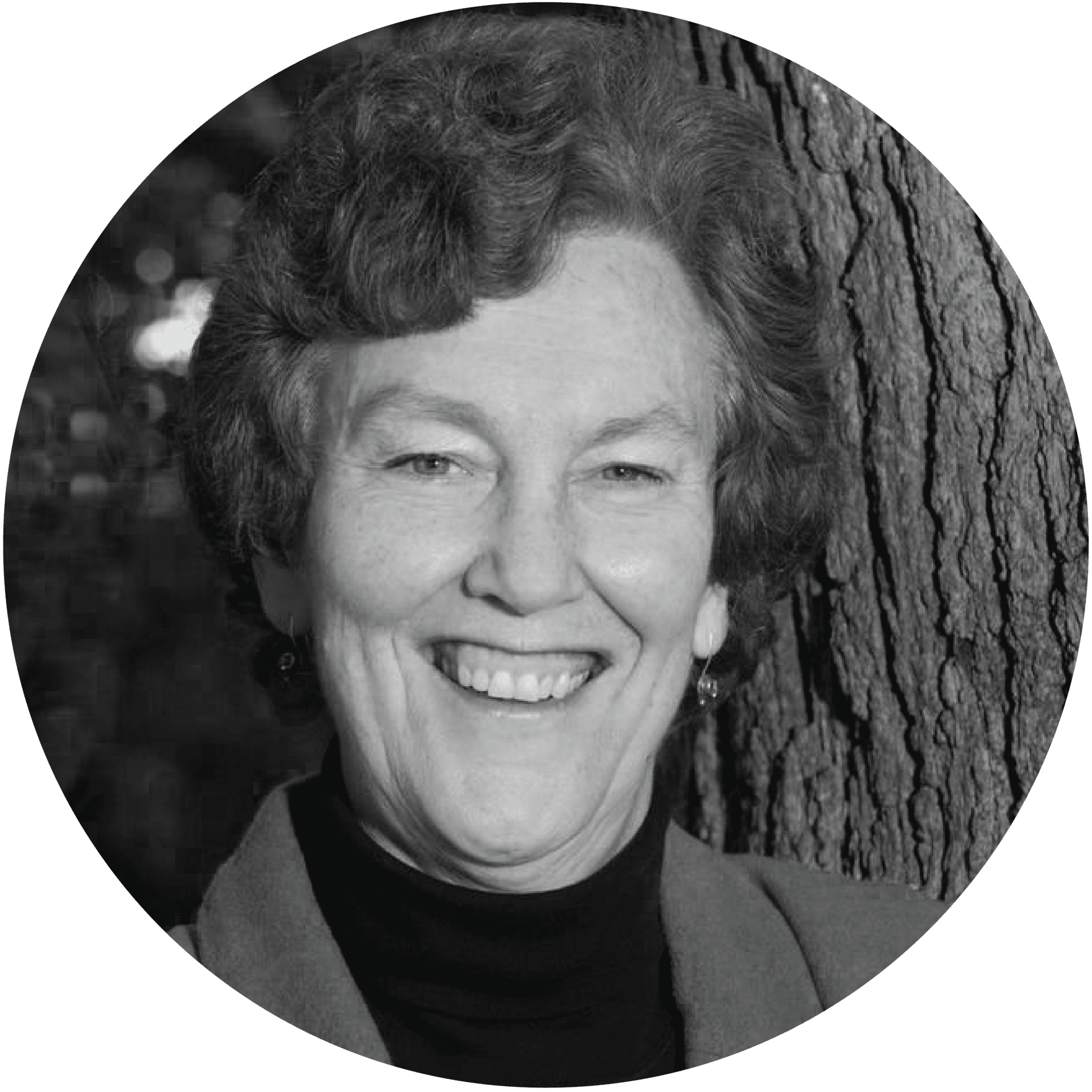
Co-Director, Yale Forum on Religion and Ecology
Mary Evelyn Tucker teaches at Yale University at the School of the Environment and the Divinity School. She is co-director with John Grim of the Yale Forum on Religion and Ecology. With Grim she organized 10 conferences on World Religions and Ecology at Harvard. They were series editors for the 10 resulting volumes from Harvard. She co-edited Confucianism and Ecology, Buddhism and Ecology, and Hinduism and Ecology. She has authored with Grim, Ecology and Religion (Island Press, 2014). They also edited Thomas Berry’s books, including Selected Writings (Orbis 2014). Tucker and Grim published Thomas Berry: A Biography (Columbia University Press, 2019).
With Brian Thomas Swimme, Tucker and Grim created a multi-media project Journey of the Universe that includes a book (Yale, 2011), an Emmy Award winning film, a series of podcast Conversations, and free online courses from Yale/Coursera
Tucker was a member of the Earth Charter Drafting committee and the International Earth Charter Council. She won the Inspiring Yale Teaching Award in 2015 and has been awarded 5 honorary degrees. With John Grim she was given a Lifetime Achievement Award from the International Society for the Study of Religion, Nature, and Culture.
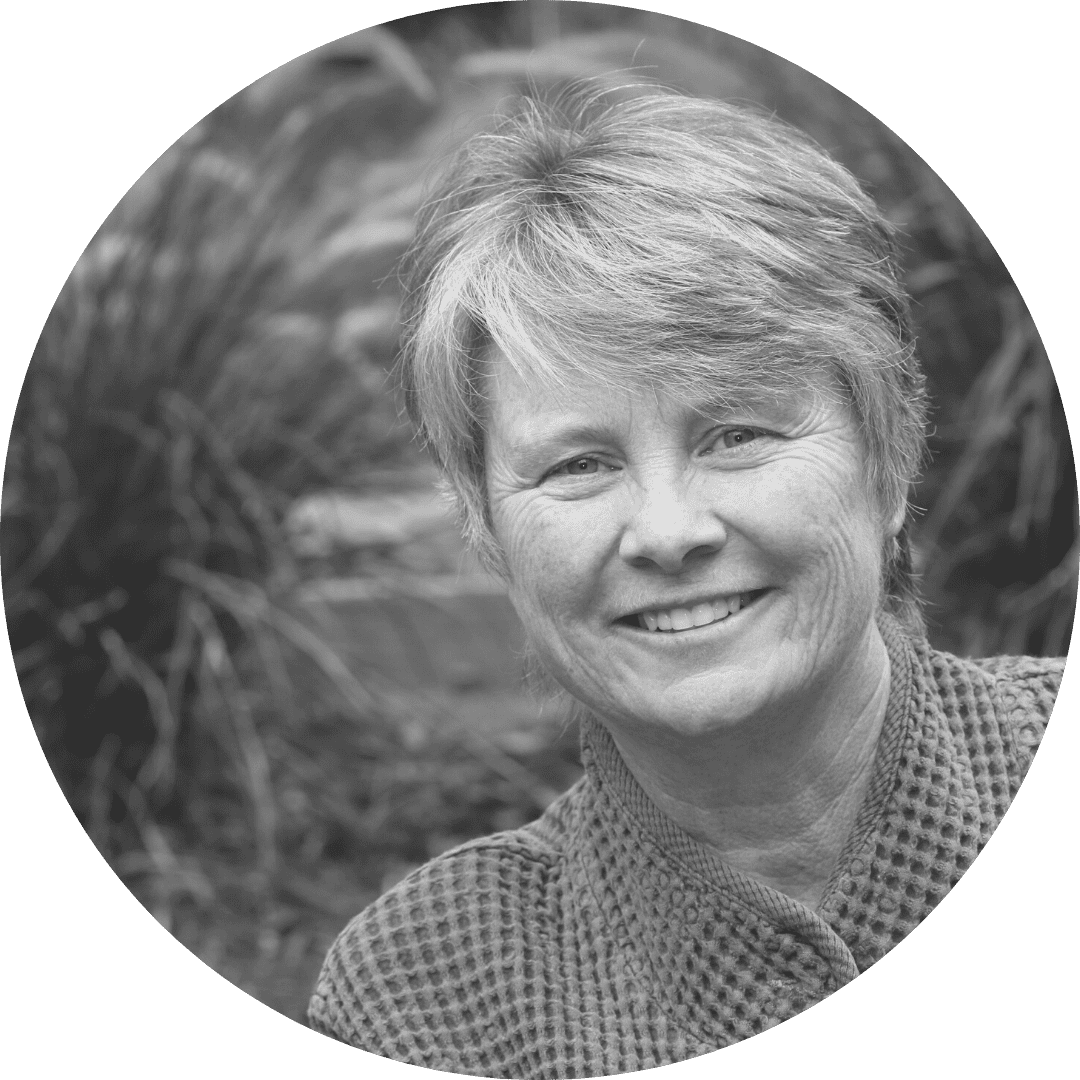
Co-founder Biomimicry 3.8 and The Biomimicry Institute
Twenty-five years ago, Janine Benyus introduced the world to the concept of learning from and emulating nature’s designs in her groundbreaking book Biomimicry: Innovation Inspired by Nature. Since then, she and her teams have worked to transform Biomimicry into a solution-seeking discipline, complete with methodology, open access research tools, academic education degrees, professional certification, and ethical codes of conduct. Today, thousands of biomimics, including those at her own consulting firm (Biomimicry 3.8), non-profit (Biomimicry Institute), and university center (The Biomimicry Center at Arizona State University), are applying nature’s time-tested designs to the redesign of energy systems, agriculture, city planning, building, manufacturing, product design, chemical and structural engineering, finance, organizational development, and more. Worldwide, nature’s 3.8 billion years of brilliant ideas are helping innovators and decision-makers do what is inherently sustainable: create conditions conducive to life.
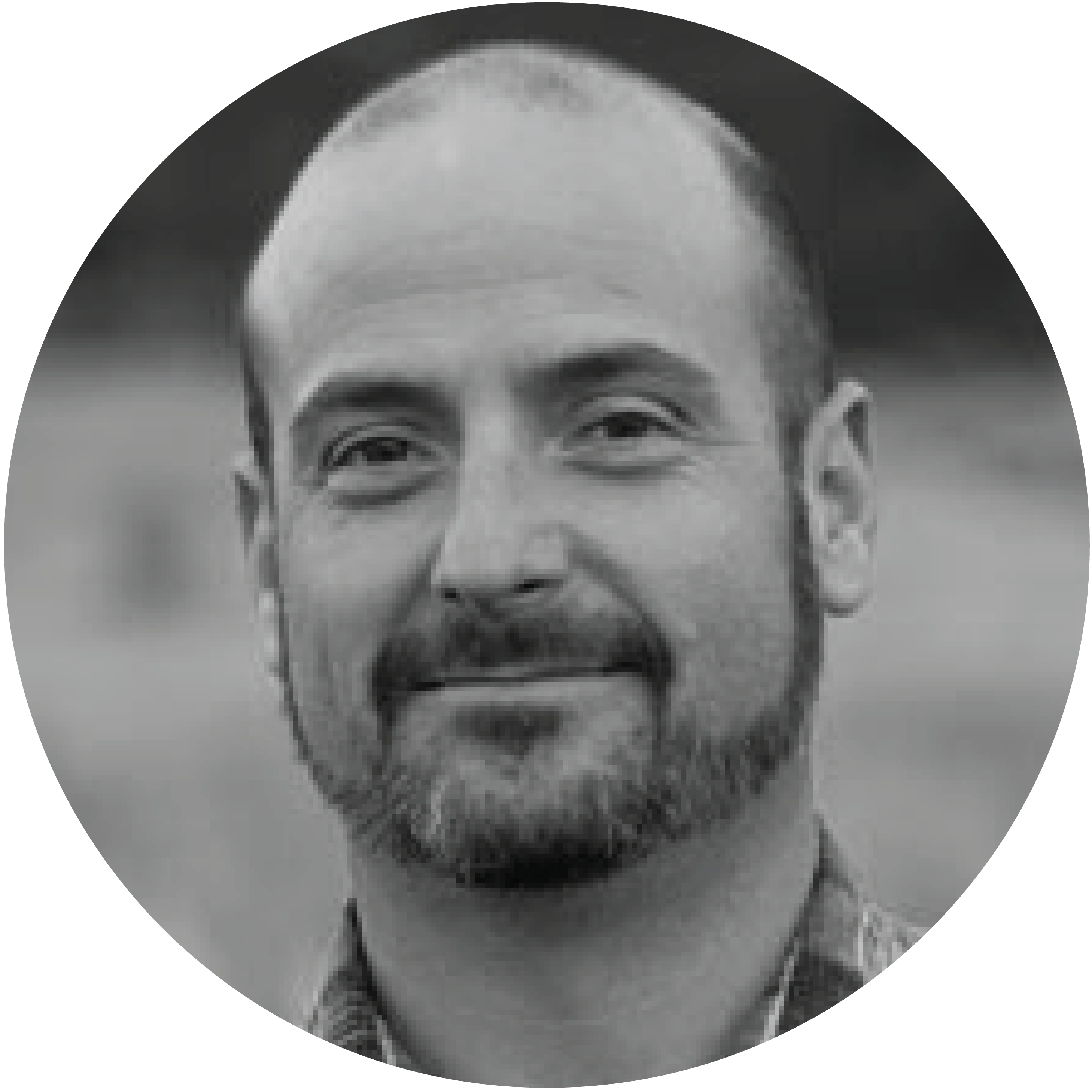
FOUNDER AND MANAGING DIRECTOR, NRHYTHM
Consulting with organizations in a variety of industries across 6 continents and 35 countries, Tré has proven to be indispensable in designing, developing, and implementing an organization’s purpose for the future. His industry experience is very diverse from the development of faith-based community organizations, a publicly-traded technology company, to a multinational organization working in 20+ countries. Tré has a BA in Philosophy from Ouachita Baptist University and a MA in Theology from Southwestern seminary.
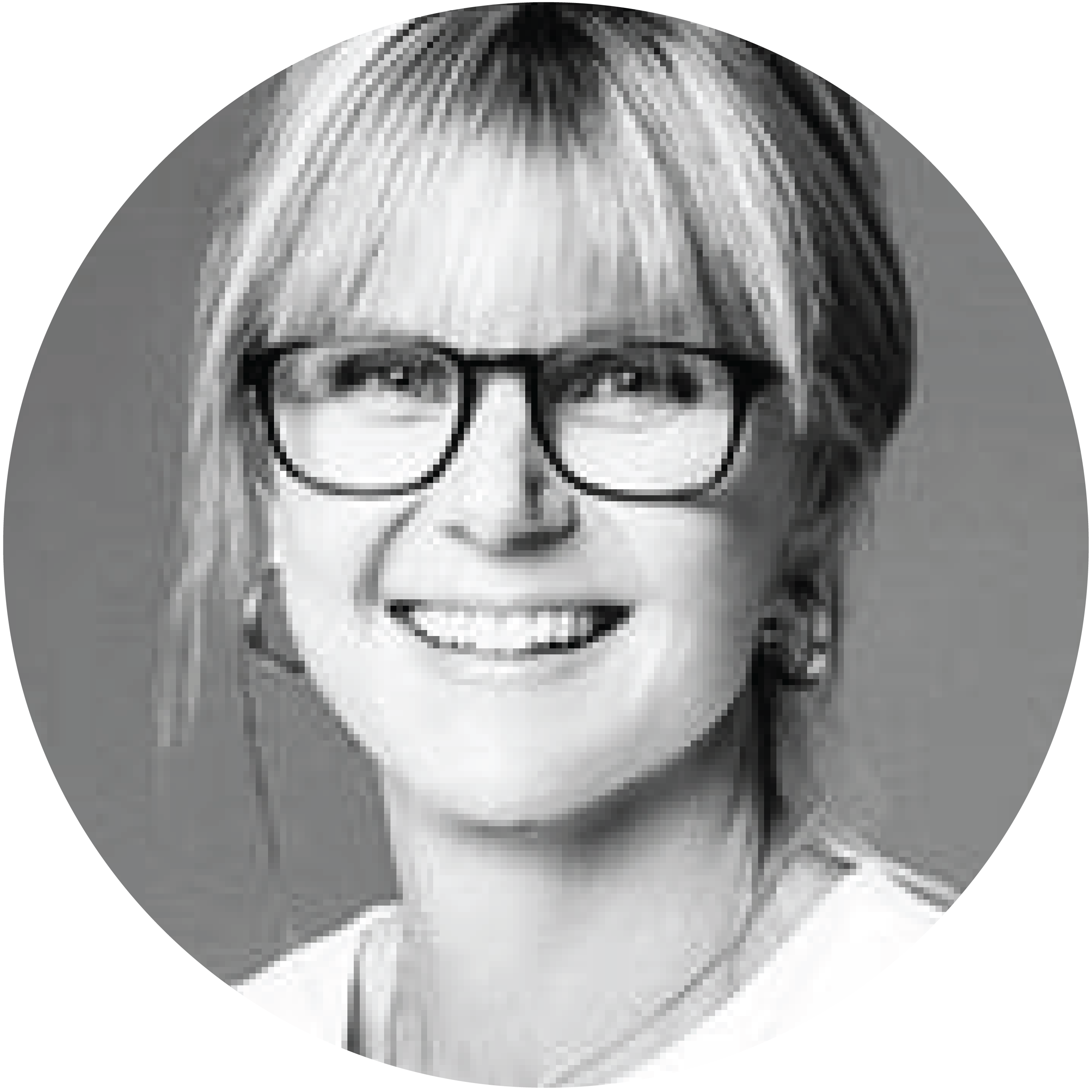
Speaker, Coach. Board Member, &
Former CEO of Danone North America
Lorna Davis is a Business Leader, Coach & Wildlife Conservation Activist committed to helping leaders incorporate social, environmental and financial priorities into their business performance. For more than 20 years, Lorna served as president of multinational consumer goods companies, including Danone, Kraft and Mondelez.
Lorna serves on the board of a number of organizations that are committed to having a meaningful purpose and is a member of the Social Mission Board of Seventh Generation, the Advisory Board of Radical Impact, the Integrity Board of Sir Kensington and the board of Guayaki.
Lorna is currently based in New York City, where she is a speaker and coach.
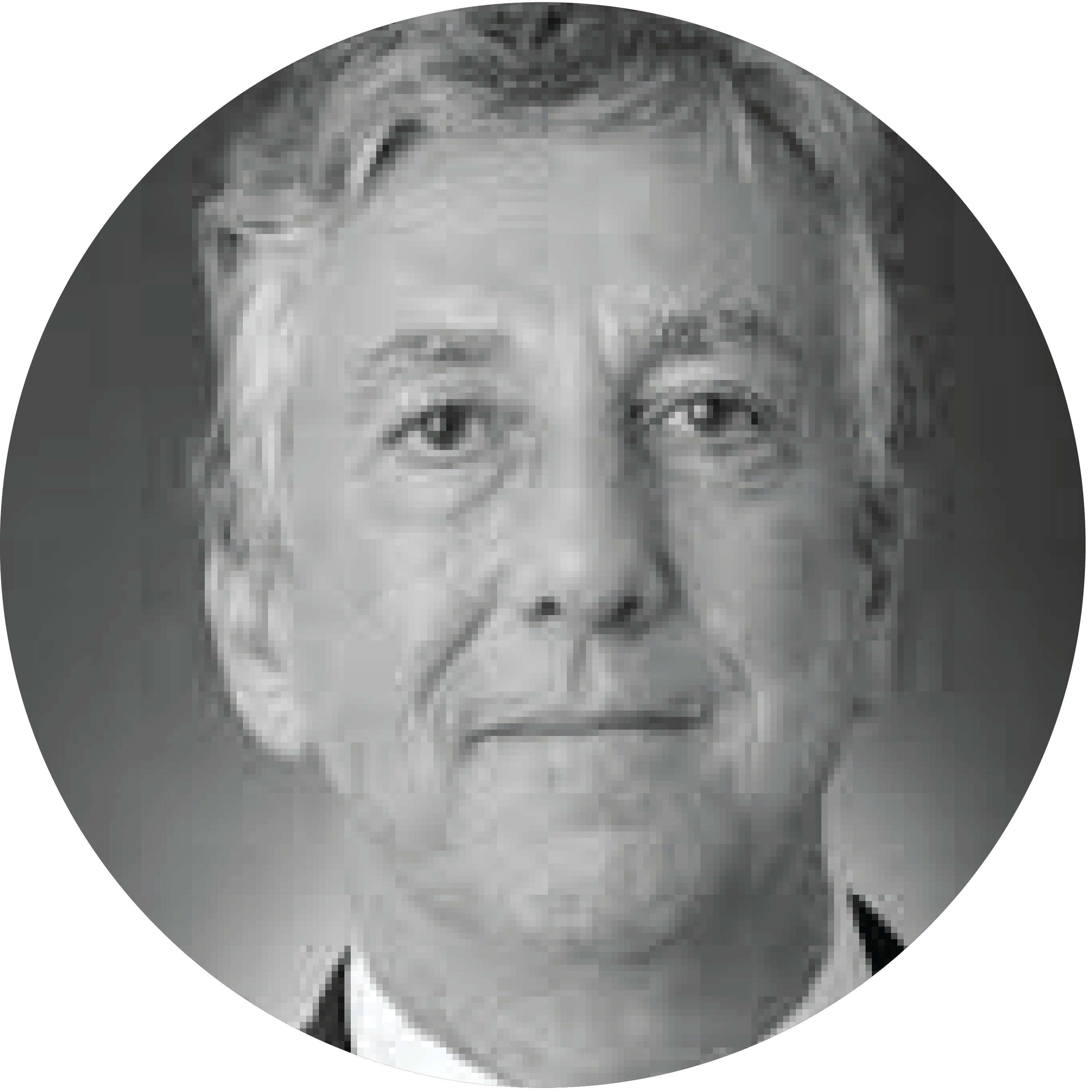
Executive Director of the Institute for New Economic Thinking
Rob Johnson is the President of the Institute for New Economic Thinking (INET), which he co-founded with George Soros, William Janeway, and James Balsillie in 2009. From the outset, the founders envisioned INET as a globally engaged network that could lead the evolution of economic thought toward the interest of people and the planet. For over a decade Johnson has convened global initiatives with the greatest economic minds of our time, including conferences around the world, from Bretton Woods to Hong Kong; the Commission on Global Economic Transformation, in partnership with academics, business leaders, policymakers, and NGOs; the Young Scholars Initiative; new economic thinking curricula and online courses with leading scholars like Michael Sandel and Perry Mehrling; and groundbreaking research projects that challenge economic orthodoxy.
In 2020, when the world was at the onset of the COVID 19 pandemic, Johnson and the Institute for New Economic Thinking opened up a new channel, bringing leading thinkers to the table on his podcast/videocast, “Economics and Beyond with Rob Johnson.” The podcast draws on the expertise of the Commission on Global Economic Transformation, Nobel laureates, and economic experts associated with INET and beyond. Discussion topics range broadly, from the latest economic ideas, to the climate crisis and the pandemic, to the impact of music and the arts on public policy.
Johnson has also been an international investor and consultant to investment funds and philanthropic institutions on issues of strategy. He sits on the board of directors of both the Economic Policy Institute and the Campaign for America’s Future, serves on the external advisory council of Princeton University’s School of International and Public Affairs, and is the former President of the National Scholastic Chess Foundation. He served on the United Nations Commission of Experts on International Monetary Reform under the Chairmanship of Joseph Stiglitz, and has also taught as an adjunct professor at the Union Theological Seminary and at SIPA at Columbia University
Previously, Johnson was a Managing Director at Soros Fund Management where he managed a global currency, bond, and equity portfolio specializing in emerging markets. His focus was on emerging Asia with a particular focus on the development of China. Johnson has been a participant in many forums in China and is a frequent attendee of the China Development Forum in Beijing. Johnson began his private-sector career at Bankers Trust Company as a macro strategist and portfolio manager focused on the financial strategies of intra-European currency trading. At Soros Fund Management, Johnson was also a part of the famous team of speculators that broke the Bank of England in 1992, forcing the British pound out of the ERM.
Johnson served as Chief Economist of the U.S. Senate Banking Committee under the leadership of Chairman William Proxmire (D – Wisconsin) at the time of the 1987 stock market crash and the savings and loan crisis. Before this, he was Senior Economist of the U.S. Senate Budget Committee under the leadership of Chairman Pete Domenici (R – New Mexico).
Johnson is also a documentary film producer, whose credits include Amazing Grace (directed by Alan Elliott), the Oscar-winning Taxi to the Dark Side (directed by Alex Gibney), and Money-Driven Medicine (directed by Andrew Fredericks).
Related to his work as a documentary film producer are his ongoing efforts to bring technical economic issues to a wider and more general public by supporting the creation of economics courses, such as The Economics of Money & Banking, by Perry Mehrling, and fostering a cooperation agreement between the Pontifical foundation Scholas Occurrentes and the INET’s Commission on Global Economic Transformation.
Johnson also founded and ran a music organization under the name of Bottled Majic Music that made blues and roots music recordings on the Rooster Blues and Okra-Tone labels and evolved into music artist management and music documentary film production.
Johnson received a Ph.D. and M.A. in Economics from Princeton University and a B.S. in both Electrical Engineering and Economics from the Massachusetts Institute of Technology.
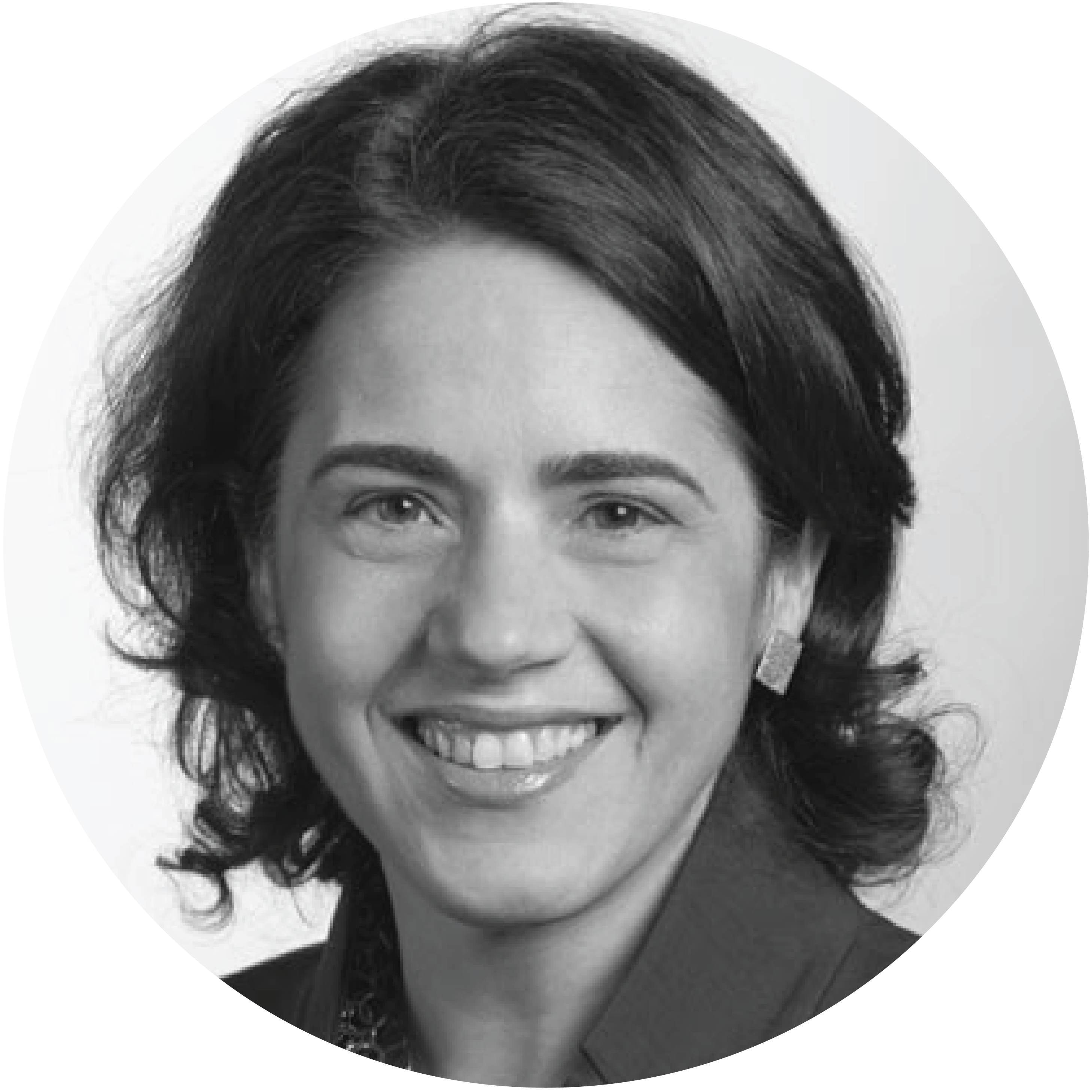
Sustainable Growth Officer at Natura & Co
Silvia Lagnado is currently Sustainable Growth Officer at Natura & Co. Prior to working at Natura & Co, Silvia has held a number of executive roles including: Corporate Executive Vice President, Global Chief Marketing Officer of McDonald’s Corporation, Chief Marketing Officer of Bacardi Limited, Executive Vice-President at Savoury and Senior Vice-President for Dove, where she oversaw the highly successful and award winning “Campaign for Real Beauty”.
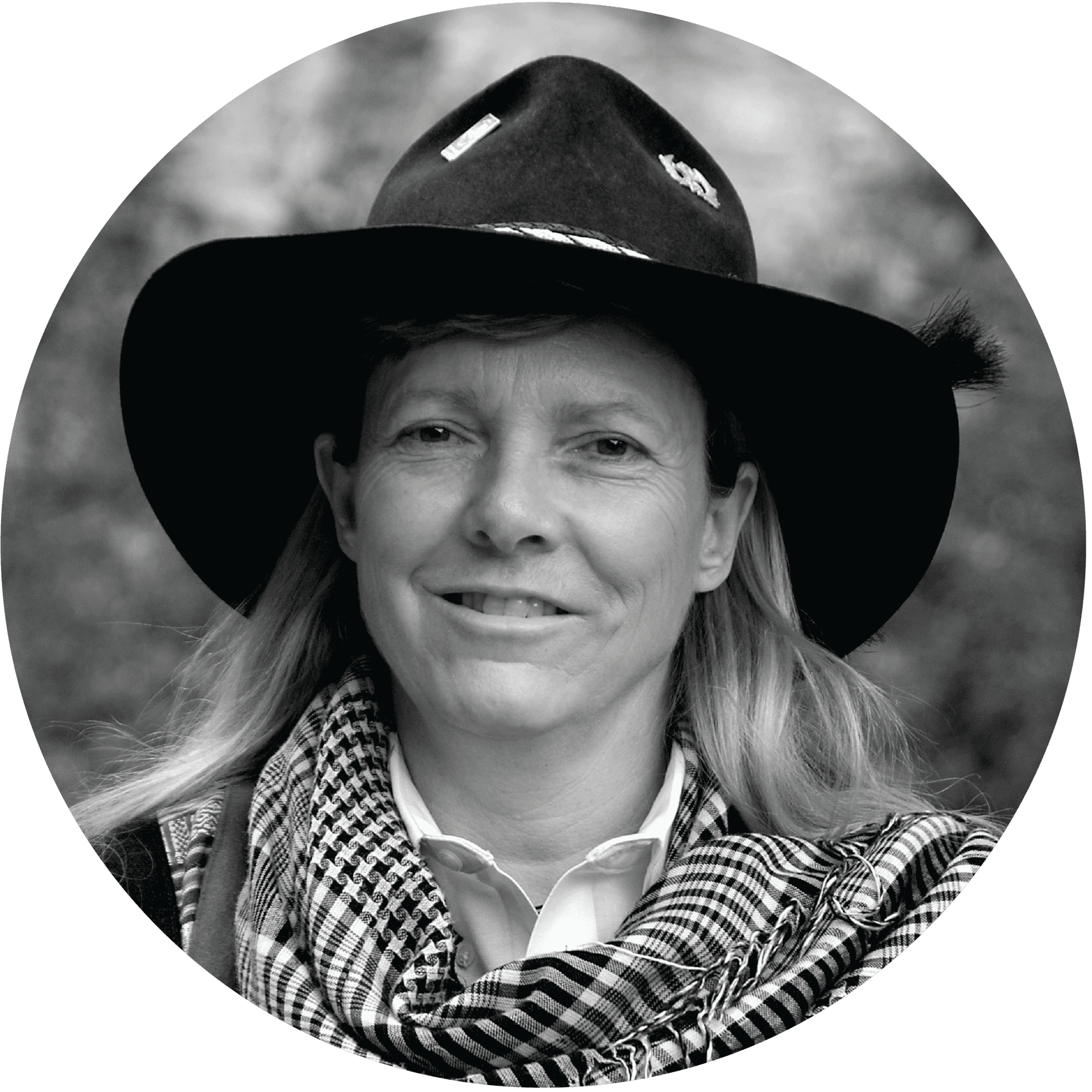
President and Founder of Natural Capitalism Solutions
L. Hunter Lovins is the President and Founder of Natural Capitalism Solutions (NCS), a non-profit formed in 2002 in Longmont, CO. A renowned author and champion of sustainable development for over 35 years, Hunter has consulted on regenerative business, economic development, sustainable agriculture, energy, water, security, and climate policies for scores of governments, communities, and companies worldwide. Within the United States, she has consulted for heads of state, departments of defense, energy agencies and hundreds of state and local agencies.
Hunter believes that citizens, communities and companies, working together within the market context, are the most dynamic problem-solving force on the planet. She has devoted herself to building teams that can create and implement practical and affordable solutions to the problems facing us in creating a sustainable future.
Hunter has co‐authored sixteen books and hundreds of articles. Her book, Natural Capitalism, Won the Shingo Prize. It has been translated into a more than three dozen languages and summarized in Harvard Business Review. Its sequel, The Way Out: Kickstarting Capitalism To Save Our Economic Ass, won the Atlas Award. Her book, Creating a Lean and Green Business System again won the Shingo Prize. Her latest book, A Finer Future: Creating an Economy in Service to Life won the Nautilus Award.
Hunter has taught at numerous universities around the world. Currently a founding professor of Sustainable Management at Bard MBA, she was named a Master at the Chinese De Tao Academy, where she helped launch the Institute for Green Investment in Shanghai. She also teaches at Fordham University.
Lovins has consulted for scores of industries and governments worldwide, including International Finance Corporation, KPMG, Unilever, Walmart, the United Nations and Royal Dutch Shell, as well as such sustainability champions as Interface, Patagonia and Clif Bar.
Hunter lectures regularly to audiences around the globe, and has briefed senior officials in more than 30 countries. She has worked in economic development from Afghanistan to New Zealand, and served the King of Bhutan on his International Expert Working Group, charged with reinventing the global economy. She serves on the Executive Committee of the Club of Rome, the steering committee of the Alliance for Sustainability And Prosperity, and Capital Institute’s Advisory Board. A founding mentor of the Unreasonable Institute, Hunter teaches entrepreneurship and coaches social enterprises around the world. She is also a founding partner in Change Finance, an impact-investing firm. Hunter has won dozens of awards from the Right Livelihood Award (Alternative Nobel), Leadership in Business, The Rachel Carson Award, and the European Sustainability Pioneer award. Time Magazine recognized her as a Millennium Hero for the Planet, and Newsweek called her the Green Business Icon.
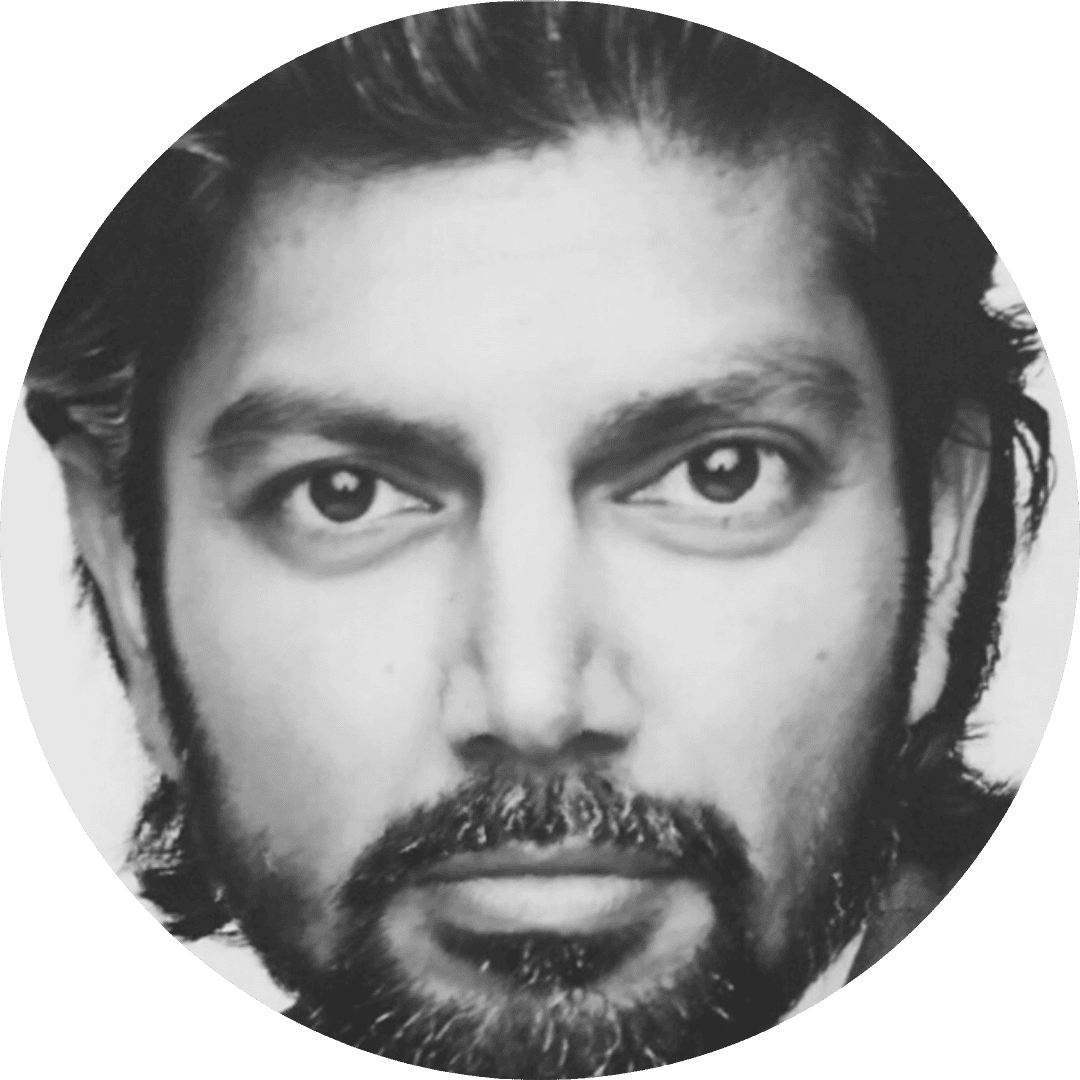
executive chairman, rainfall
Amit is a well-known entrepreneur, investor, and speaker in the A.I. & Blockchain world and is deeply involved in using exponential technologies for good. He is a Responsible Leader at the BMW Foundation, President at Silicon Valley Blockchain Society, G. P. at JetVentures, and Board Member at Norwegian Refugee Council.
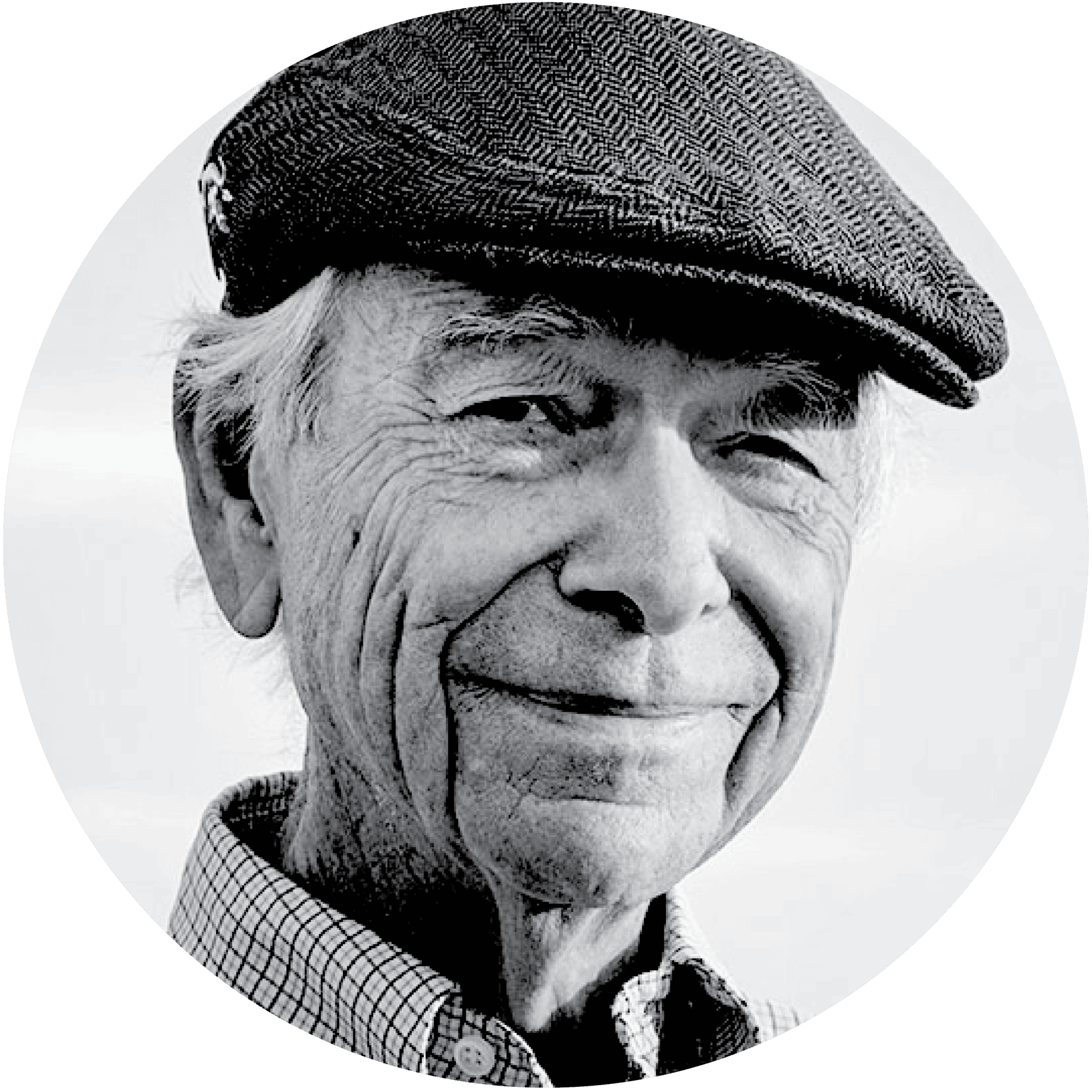
President and Co-founder of the Savory Institute
Allan Savory, born in Zimbabwe and educated in South Africa (University of Natal, BS in Zoology and Botany) pursued an early career as a research biologist and game ranger in the British Colonial Service of what was then Northern Rhodesia (today Zambia) and later as a farmer and game rancher in Zimbabwe.
In the 1960s he made a significant breakthrough in understanding what was causing the degradation and desertification of the world’s grassland ecosystems and, as a resource management consultant, worked with numerous managers on four continents to develop sustainable solutions.
He served as a Member of Parliament in the latter days of Zimbabwe’s civil war and became the leader of the opposition to the ruling party headed by Ian Smith. Exiled in 1979 as a result of his opposition, he immigrated to the United States, where he continued to work with land managers through his consulting business. The growth of that business, a desire to assist many more people and the need for furthering his work led him to continue its development in the nonprofit world. In 1992 Savory and his wife, Jody Butterfield, formed a non-profit organization in Zimbabwe, the Africa Centre for Holistic Management, donating a ranch that would serve as a learning site for people all over Africa. In 2009Savory, Butterfield, and a group of colleagues co-founded the Savory Institute in Boulder, Colorado to serve the world through an international network of entrepreneurial innovators and leaders committed to serving their regions with the highest standards of Holistic Management training and implementation support. The Africa Centre became the first of the Savory Institute’s locally led and managed “hubs.”
Savory’s book, Holistic Management: A New Framework for Decision-Making (Island Press, 1999), describes his effort to find workable solutions ordinary people could implement to overcome many of the problems besetting communities and businesses today.
In 2003, Allan Savory received Australia’s International Banksia Award “for the person or organization doing the most for the environment on a global scale,” and in 2010 Savory (and the Africa Centre) received the Buckminster Fuller Institute’s Challenge award for work that has “significant potential to solve humanity’s most pressing problems.” A TED talk Savory gave in 2013 has received over 3.4 million views and in 2014 was voted one of the 50 most intriguing TED talks of all time. The Savory Institute is one of 11 finalists in the Virgin Earth Challenge, a $25 million initiative for the successful commercialization of ways of taking greenhouse gases out of the atmosphere and keeping them out with no countervailing impacts.
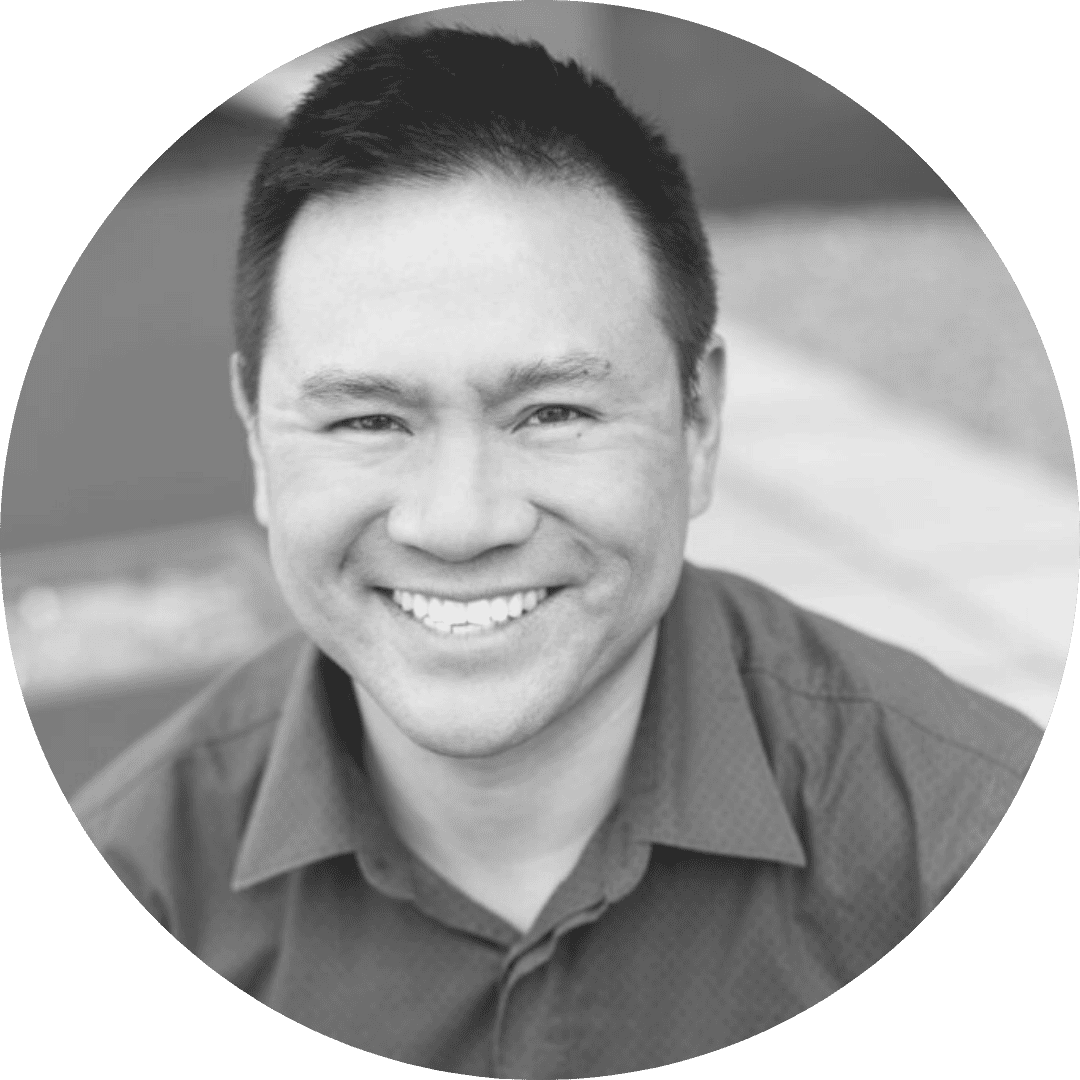
Managing Director, nRhythm
Dr. Jeffrey Su has led a diverse and international career as an ecologist, CEO, entrepreneur, consultant and psychotherapist in the USA, Australia, Europe, and Africa. Throughout his career Jeff has applied living systems thinking and holistic approaches to help organizations address the most pressing environmental and social issues of our time. Jeff applies systems thinking to his own life experience and development through a dedicated Buddhist practice. He holds a Ph.D. in Ecology and Environmental Science, a graduate degree in Holistic Psychology and is a David H. Smith Conservation Science Fellow.
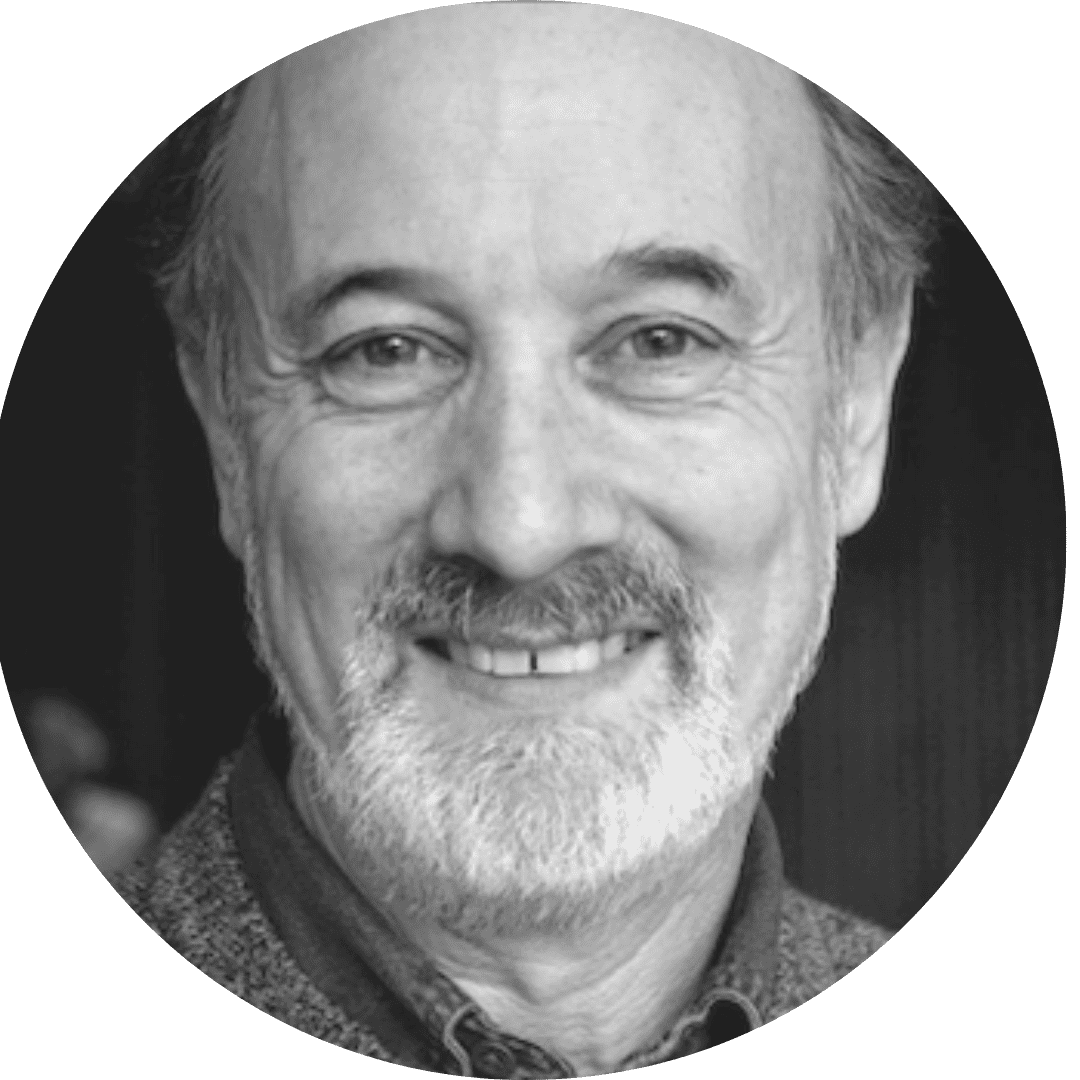
PROFESSOR emeritus, YORK UNIVERSITY

Aboriginal scholar, founder of the Indigenous Knowledge Systems Lab, & author of Sand Talk
Tyson Yunkaporta is an Aboriginal scholar, founder of the Indigenous Knowledge Systems Lab at Deakin University in Melbourne, and author of Sand Talk. His work focuses on applying Indigenous methods of inquiry to resolve complex issues and explore global crises.
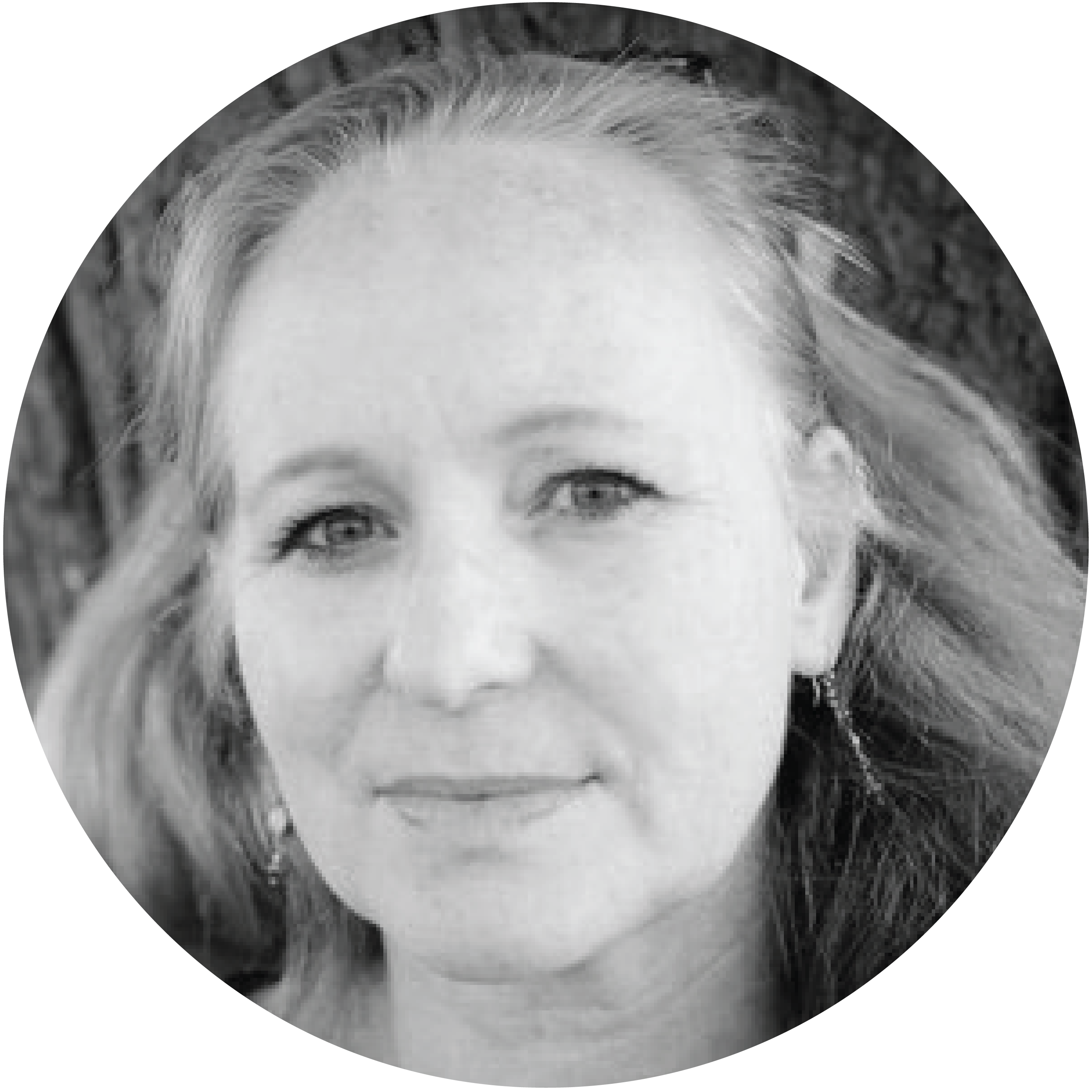
President of the International Bateson Institute
Nora Bateson is an award-winning filmmaker, writer and educator, as well as President of the International Bateson Institute, based in Sweden. Her work asks the question “How we can improve our perception of the complexity we live within, so we may improve our interaction with the world?”. An international lecturer, researcher and writer, Nora wrote, directed and produced the award-winning documentary, An Ecology of Mind, a portrait of her father, Gregory Bateson. Her work brings the fields of biology, cognition, art, anthropology, psychology, and information technology together into a study of the patterns in ecology of living systems. Her book, Small Arcs of Larger Circles, released by Triarchy Press, UK, 2016 is a revolutionary personal approach to the study of systems and complexity.
The IBI integrates the sciences, arts and professional knowledge to create a qualitative inquiry of the integration of life. As President, Nora directs research projects at the IBI that require multiple contexts of research and interdependent processes. Asking, “How can we create a context in which to study the contexts?”, an impressive team of international thinkers, scientists and artists have been brought together by the IBI to generate an innovative form of inquiry, which Nora coined “Transcontextual Research”.
As an educator she has developed curricula for schools in Northern California and produced and directed award winning multimedia projects on intercultural and ecological understanding. Her work, which has been presented at the world’s top universities, is described as “offering audiences a lens through which to see the world that effects not only the way we see, but also the way we think”. Nora’s work in facilitating cross-disciplinary discussions is part of her research into what she calls “the ecology of the conversation”. Her speaking engagements include keynote addresses and lectures at international conferences and universities on a wide range of topics that span the fields of anti-fascism, ecology, education, the arts, family therapy, leadership, and many more aspects of advocacy for living systems — she travels between conversations in different fields bringing multiple perspectives into view to reveal larger patterns.
Memberships and awards: Chairman International Bateson Institute, Associate of The Taos Institute, Board Member: Human Systems Journal of Systemic Practice, Tallberg Foundation, Fellow of Lindsifarne Foundation, Bateson Idea Group (BIG), Club of Rome, Great Transition Foundation, Human Potential Foundation, Awards: Sustainable Thompkins Ecology Award, Winner Spokane Film Festival, Winner Santa Cruz Film Festival, Media Ecology Award.
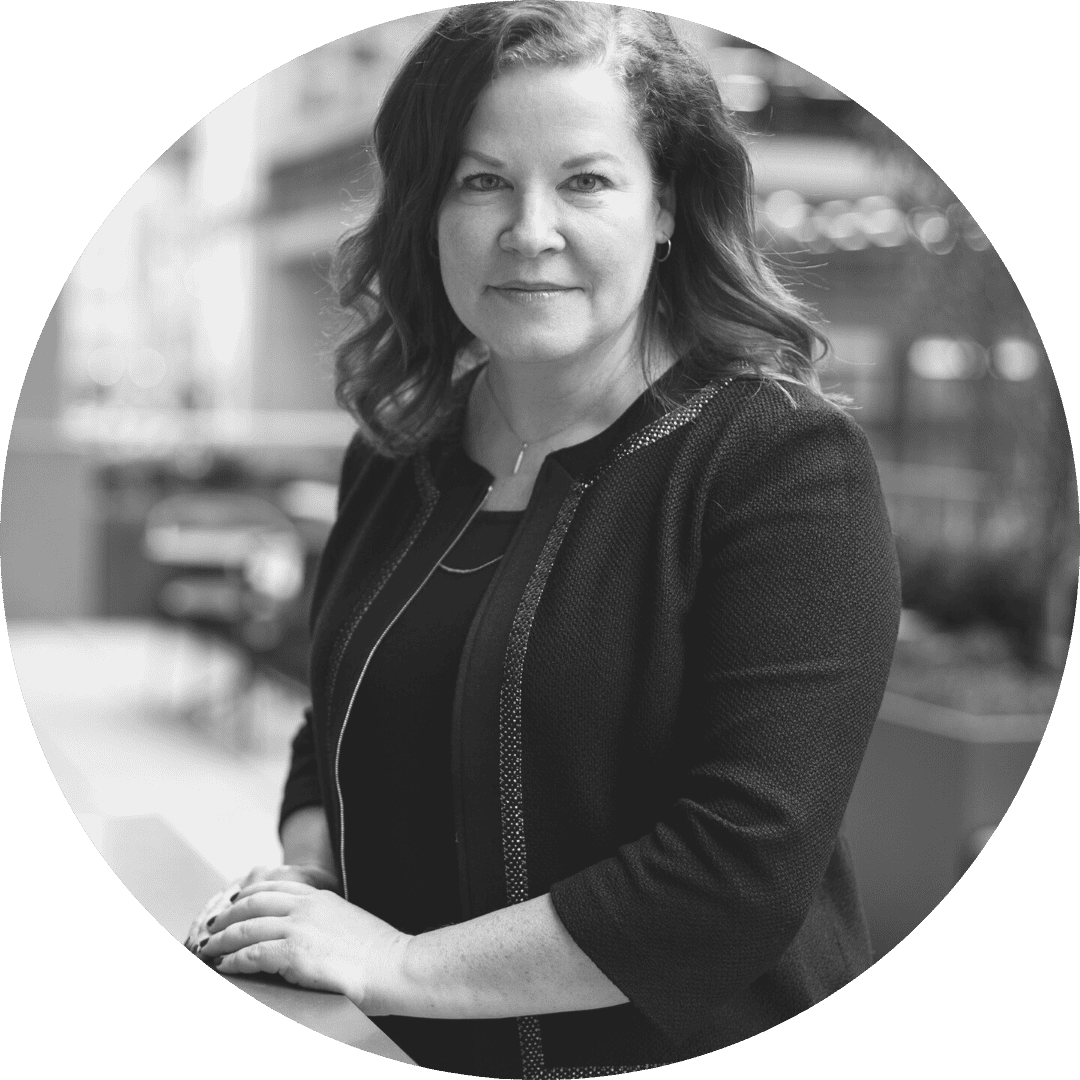
Head of Sustainable Investing at Putnam Investments
Katherine Collins is the first Head of Sustainable Investing at Putnam Investments and Founder of Honeybee Capital, the precursor to Honeybee Capital Foundation.
After many years serving as head of research and portfolio manager at Fidelity Investments, Katherine set out to re-integrate her investment philosophy with the broader world, traveling as a pilgrim and volunteer, earning her MTS degree at Harvard Divinity School, and studying biomimicry and the natural world as guides for investing in an integrated, regenerative way, beneficial to our communities and our planet. Katherine is author of The Nature of Investing, and her closest neighbors in Massachusetts are several thousand honeybees.
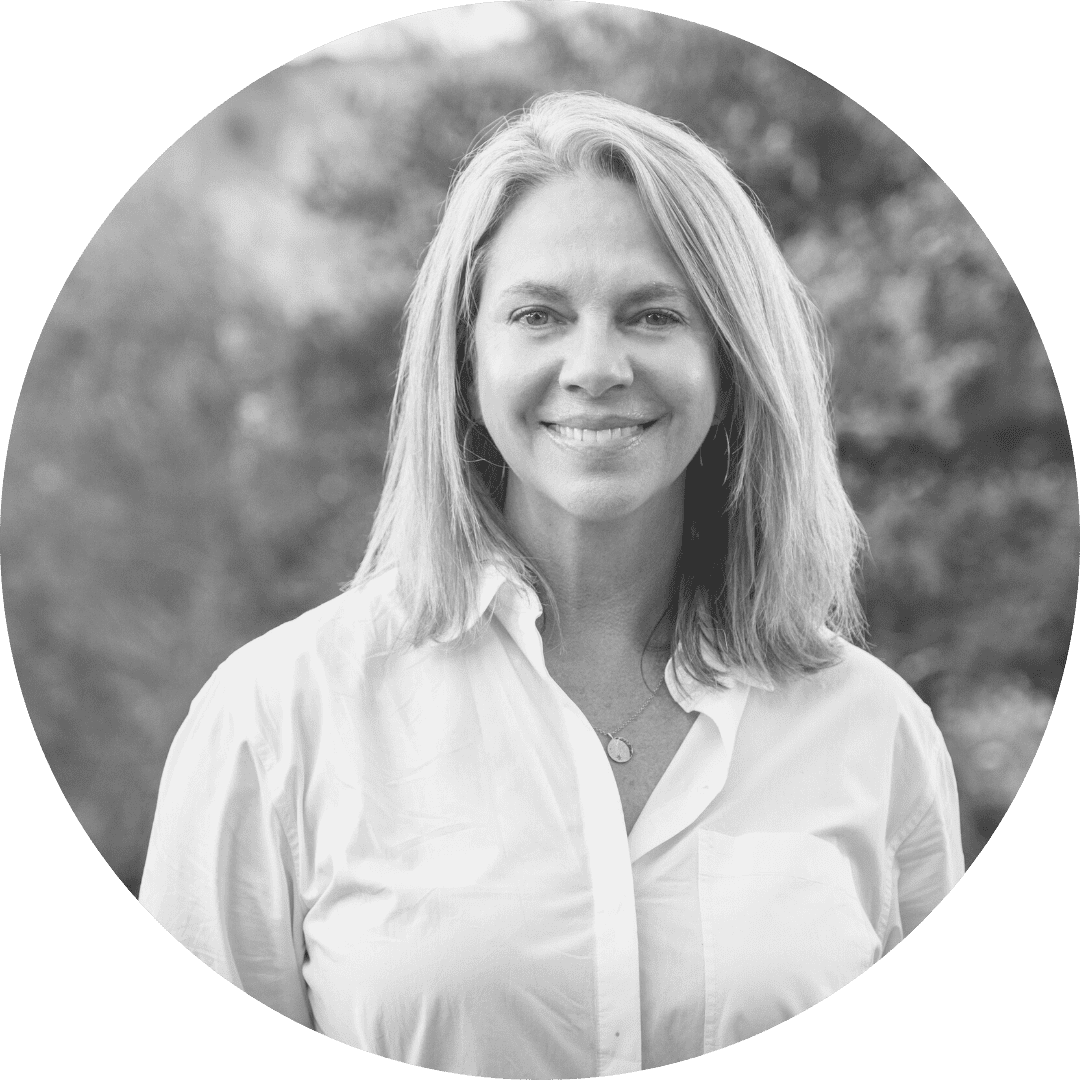
Chief Executive Officer and Co-Founder of The Savory Institute
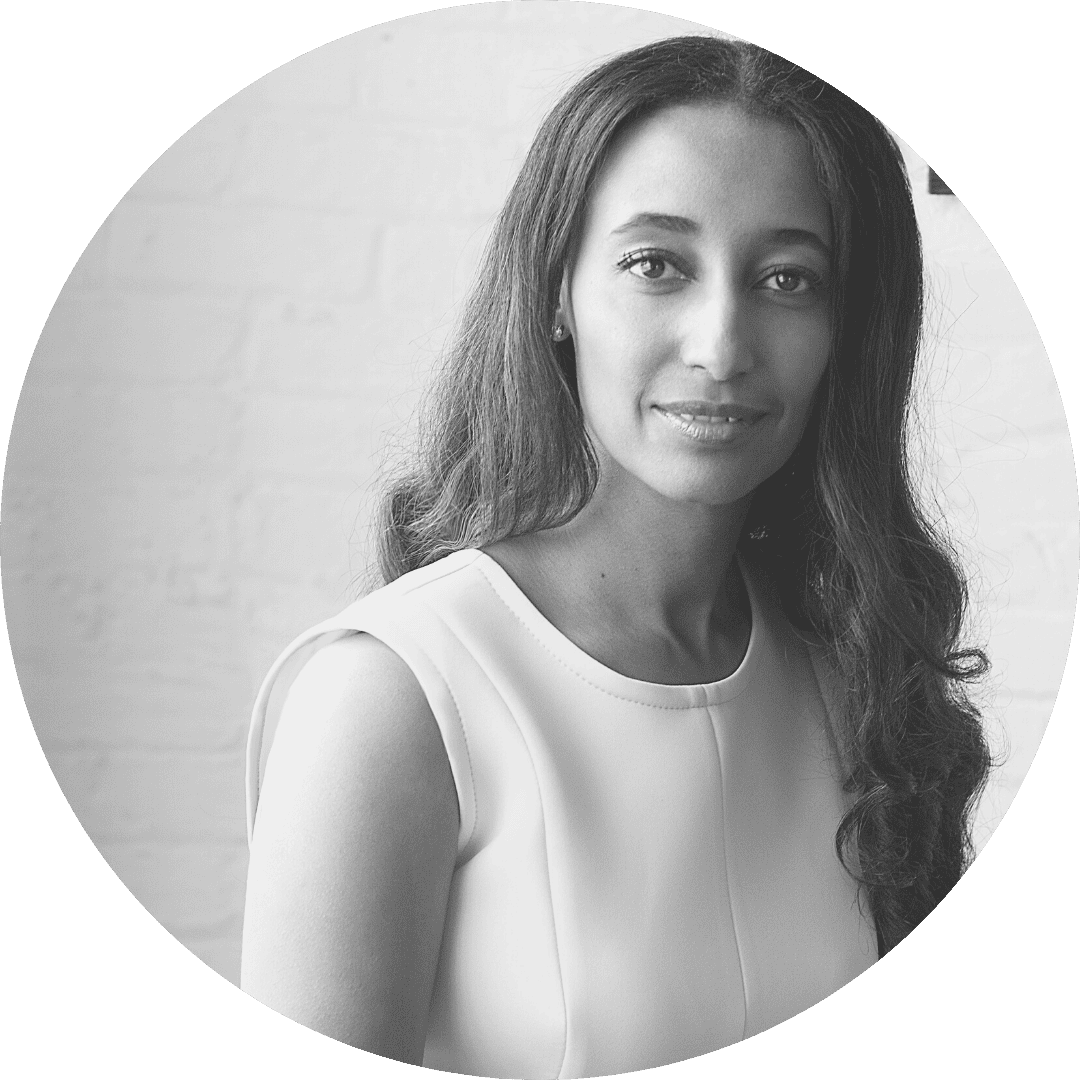
CEO & Co-Founder, Rising Tide Capital and Co-Founder, Future Tide Partners
Born and raised in Ethiopia, Alfa lives in New Jersey with her husband and two boys. She is the Chief Executive Officer and Co-Founder of Rising Tide Capital, a non-profit organization that provides underserved entrepreneurs with the resources they need to launch and grow successful businesses. Since 2005 the organization has operated the Community Business Academy, a 12-week course that provides intensive business management training coupled with year-round coaching and mentorship, now serving a network of more than 3,000 entrepreneurs in New Jersey as well as Illinois, South Carolina and North Carolina, with more in planning stages. Corporate, foundation, and government funders underwrite the cost of tuition and services for all participants; 70% are women of color. By building successful businesses, entrepreneurs meet their families’ basic needs, create opportunities for social mobility, and help transform their local communities into thriving economies.
Alfa is also the Co-Founder of Future Tide Partners, which equips cross-sector leaders to shift capital, policy and culture in a rapidly changing world of work towards an inclusive, flourishing future economy. She was named a World Economic Forum Young Global Leader in 2015 and has appeared in leading media outlets including CNN, O the Oprah Magazine, Essence Magazine, Bloomberg, Inc. Magazine, the Suze Orman show, BusinessWeek and Entrepreneur Magazine. She has been recognized by President Barack Obama; received the prestigious 25th Heinz Award in the Technology, the Economy and Employment category; and was named a CNN Hero and one of the Most Powerful Women Changing the World in Forbes. She currently serves as a Commissioner on the New Jersey Future of Work Task Force and is a board member of the New Jersey Pandemic Relief Fund
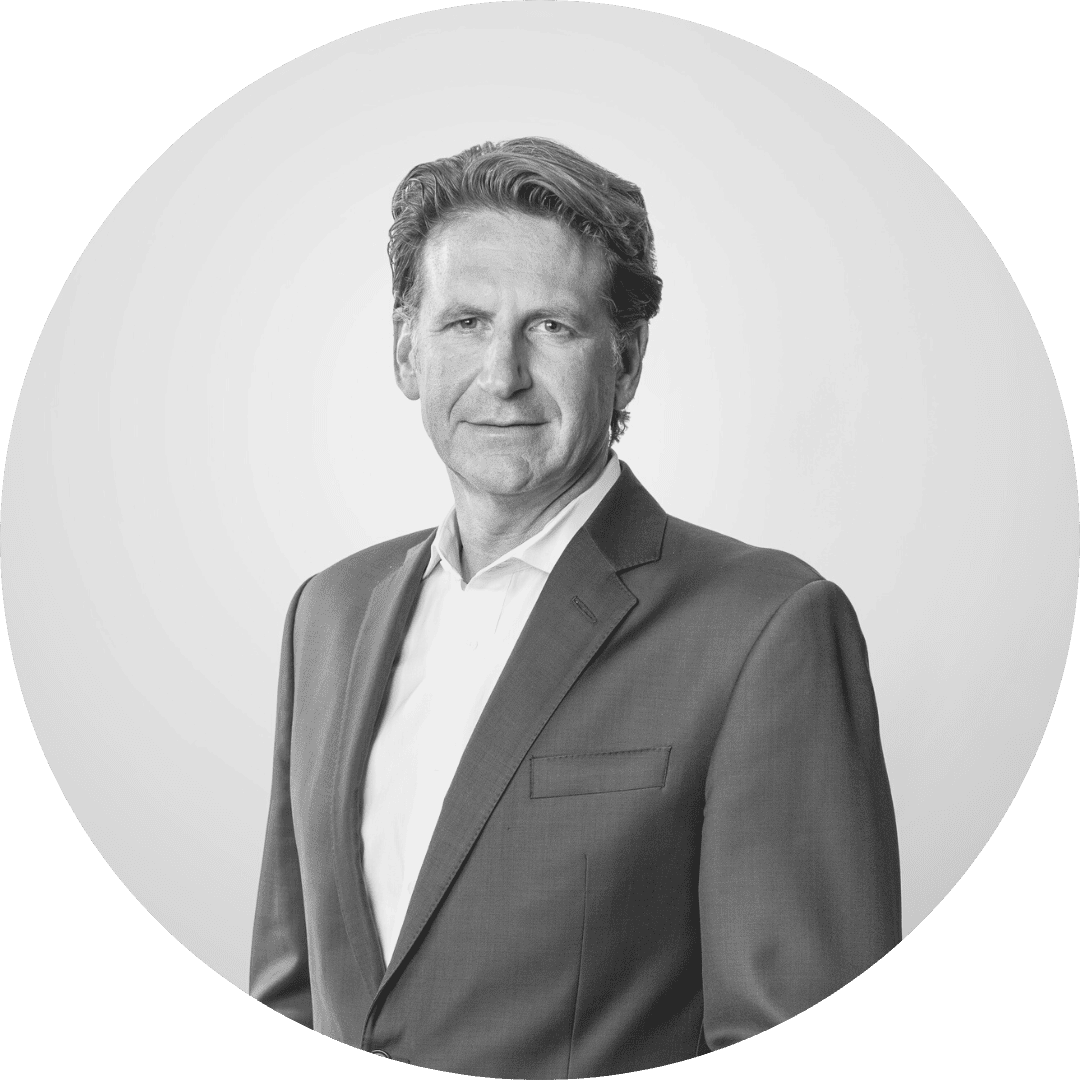
Founding Partner, Generation Investment Management
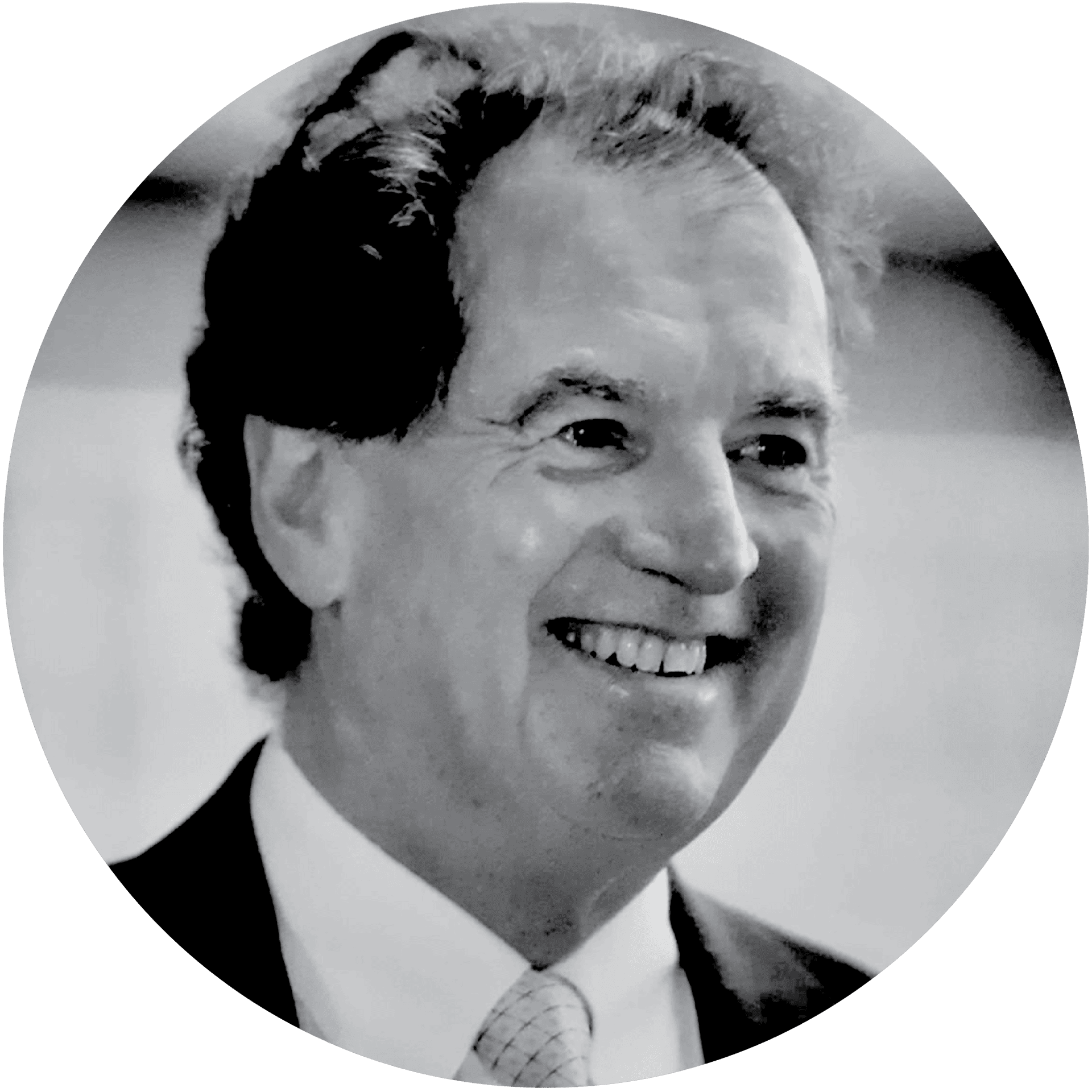
Teacher and Principal Creator of Mindfulness Dialogue
Danny Martin is a theologian with an emphasis in Ecology. He is a principal creator of Mindfulness-Dialogue which has been used, worldwide, by groups and organizations to assist in leadership development, team building, program development, and cultural enhancement.
In 1973 Danny brought Dialogue to his work as a Catholic priest in Kenya. In 1981 he attained his Licentiate in theology at the Gregorian University in Rome. When he left Kenya in 1984, he continued to develop Dialogue as a Religious Advisor to the United Nations Environment Program. In this role, he helped create a process to engage the religions of the world through an initiative called The Environmental Sabbath. In 1986, under the mentorship of Dr. Thomas Berry, a pioneering Cosmologist, Danny earned his doctorate in Theology from Fordham University. Having left the priesthood in 1990 Danny became the Director of The Global Institute at Wainwright House, in Rye New York. While there he received a grant from Laurance Rockefeller to travel several continents engaging local environmental and religious leaders to create an Earth Charter. The Charter was presented in 1992 at the United Nations Earth Summit in Rio de Janeiro, Brazil.
In 1994 Danny established Cross River Connections where he continued to deepen the art of Dialogue by integrating the practice of mindfulness into an integral method known today as Mindfulness-Dialogue. He has brought this method to institutions such as the CDC, American Heart Association, Connecticut Council of Family Service Agencies and Jefferson Memorial Hospital.
Danny was a founding member of many environmental initiatives such as Sound Waters, in CT, Greenbelt Safaris with Wangari Maathai in Kenya, and Conversations for Action, in Bedford NY, which has since become Bedford 2030. Danny continues to bring his work to programs such as The Thomas Berry Forum for Ecological Dialogue at Iona College where he is also animator of the Thomas Merton Initiative. He serves as a consultant at institutions such as Greenwich Academy, Greenwich Psychotherapy and Associates, Talmadge Hill Community Church, Katonah Meditation Group, the Leatherman’s Loop and Creative Conversations.
Danny lives his life as a student of poetry, music and language. Wherever Danny lived, he immersed himself in the culture by learning the language: Gaelic, French, Swahili, Kikamba, Italian and ‘American’. Danny grew up in Belfast, Ireland and resides in Cross River, New York with his wife, Ann D’Elia.
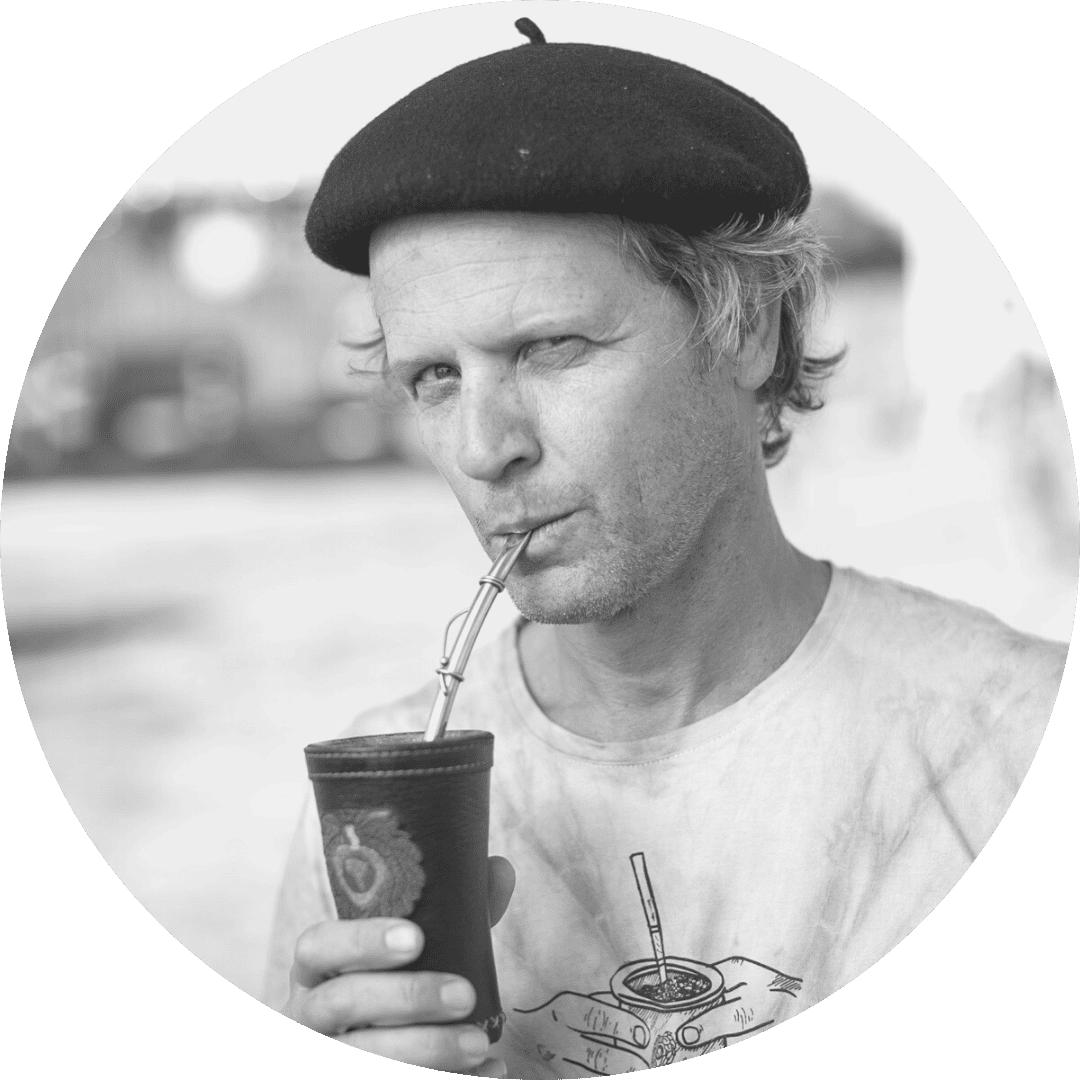
Co-founder of Guayaki
Alex Pryor, married for over 22 years and father of five. CoFounder and board member of Guayaki Yerba Mate SPC. 25 years experience with Indigenous Ancestral Knowldege, International Business, Food Science and Natural Resource Management in Agroecology. Currently promotes Life Regenerating Businesses models such as Guayaki in order to value Ecosystem, Economic and Cultural Interdependence on a local, regional and global level. Born and raised in Argentina witnessing the causes and consequences of deforestation. Coauthor in the Science Panel for the Amazonia Chairman of the board at The Guayaki Foundation, former board member of Fundacion Vida Silvestre Argentina (WWF partner), President of Fundacion Agroecologica Iguazu ( Argentina).
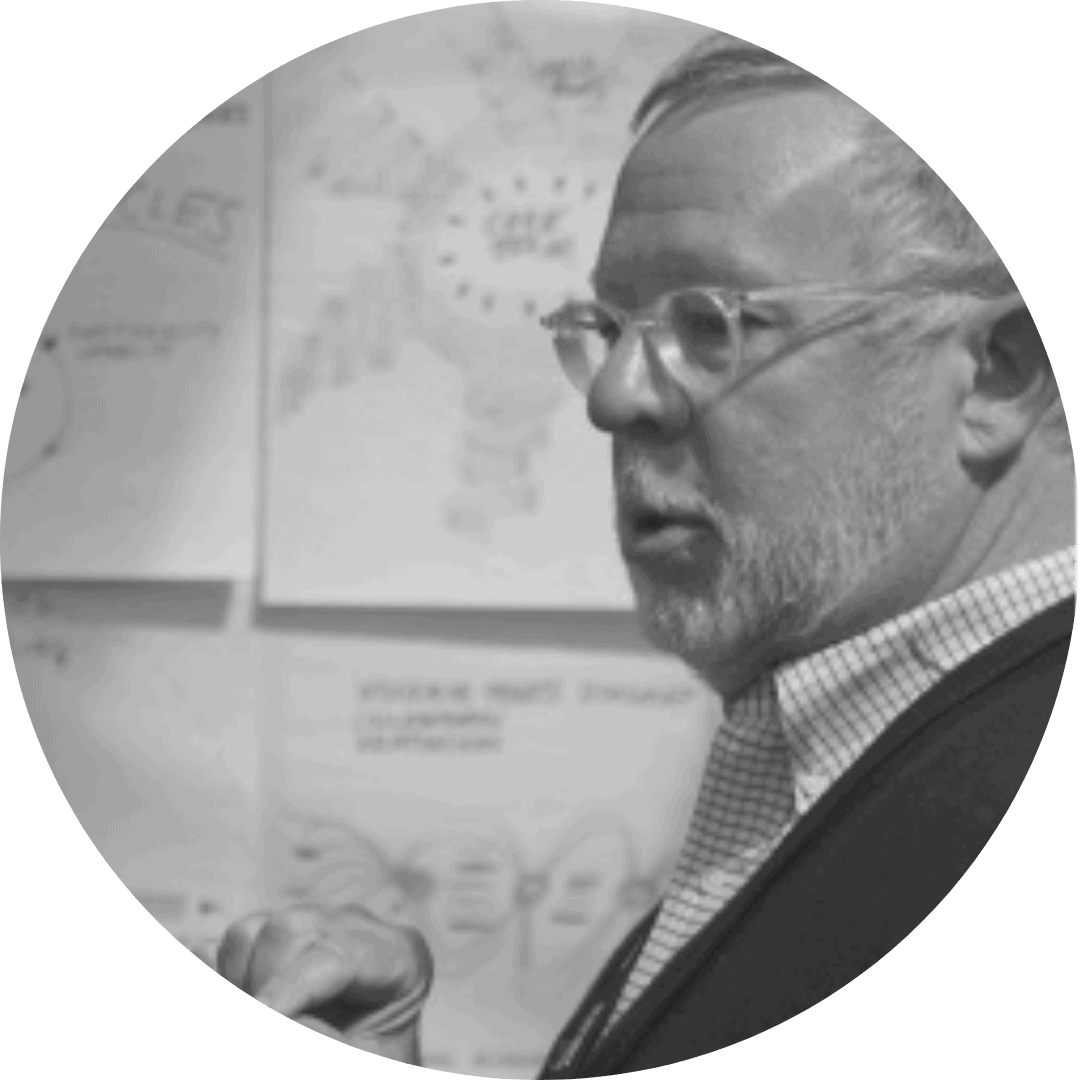
Regenesis Group
Bill is an internationally recognized planning consultant, design process facilitator, lecturer, teacher, and author in sustainability and regeneration. He is a principal of Regenesis, Inc. – a regenerative design, living systems integrator, and education organization. His work centers on creating the framework for and managing an integrative, whole and living system design process. This work is known as Regenerative Development. The objective: to improve the overall quality of the physical, social and spiritual life of our living places and therefore the planet. The more immediate benefits of this process include higher efficiency, lower costs, reduced waste, faster time to market, and the realization of exponential value to the social, ecological, financial and human qualities of a project, the community and its ecosystem.
An author of many technical articles and contributor to multiple books including co-authorship of the seminal work, “Integrative Design Guide to Green Building”; he is a founding Board of Director of the US Green Building Council and one of the co-founders of the LEED Green Building Rating System. In addition to being considered one of the leading thinkers in this field, Bill has also consulted on over two hundred green design commissions – buildings and city master plans. He is also a keynote speaker at major building and design events as well as a guest lecturer to universities throughout Europe, North America, and Oceania including Harvard, MIT, Princeton, and UPenn.
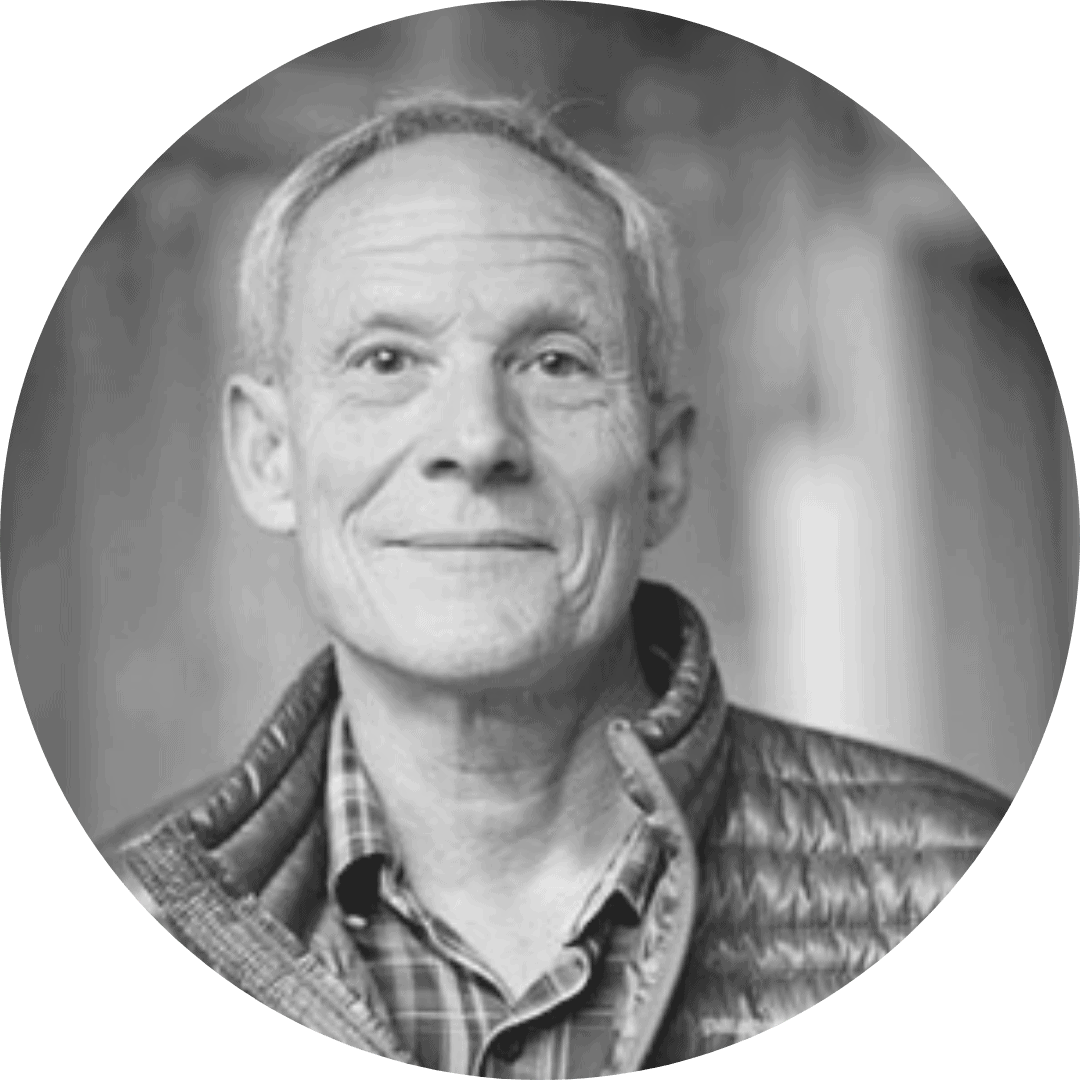
Director of Philosophy Patagonia Inc.
Vincent Stanley, co-author with Yvon Chouinard of The Responsible Company, has been with Patagonia on and off since its beginning in 1973, for many of those years in key roles as head of sales or marketing. More informally, he is Patagonia’s long-time chief storyteller. Vincent helped develop the Footprint Chronicles, the company’s interactive website that outlines the social and environmental impact of its products; the Common Threads Partnership (precursor of Worn Wear); and Patagonia Books. He currently serves as Patagonia company philosopher and is a resident fellow at the Yale Center for Business and Environment. He is also a poet whose work has appeared in Best American Poetry. He and his wife, the writer Nora Gallagher, live in Santa Barbara.
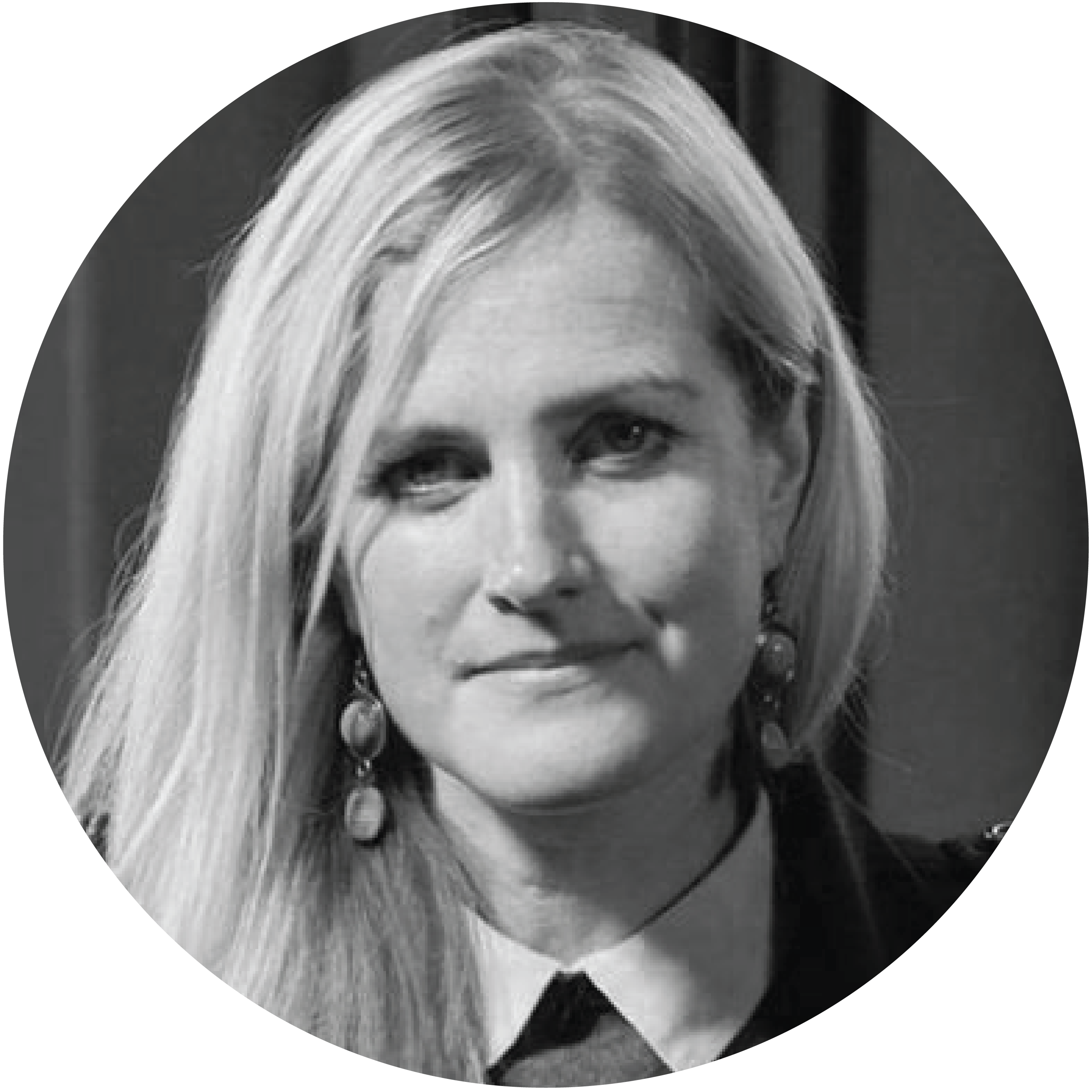
Co-founder of the Wellbeing Economy Alliance
Katherine is co-founder and Strategic Advocacy Advisor of the Wellbeing Economy Alliance and co-founder of WEAll Scotland. She held various roles with Oxfam GB and instigated the Wellbeing Economy Governments partnership. Katherine sits on several advisory groups, including The Democracy Collaborative and CUSP. Katherine holds a Political Science PhD from ANU and is a Senior Visiting Research Fellow at the University of Strathclyde and a Distinguished Fellow of the Schumacher Institute. Her book The Economics of Arrival: Ideas for a Grown Up Economy (co-authored with Jeremy Williams) was published in 2019.
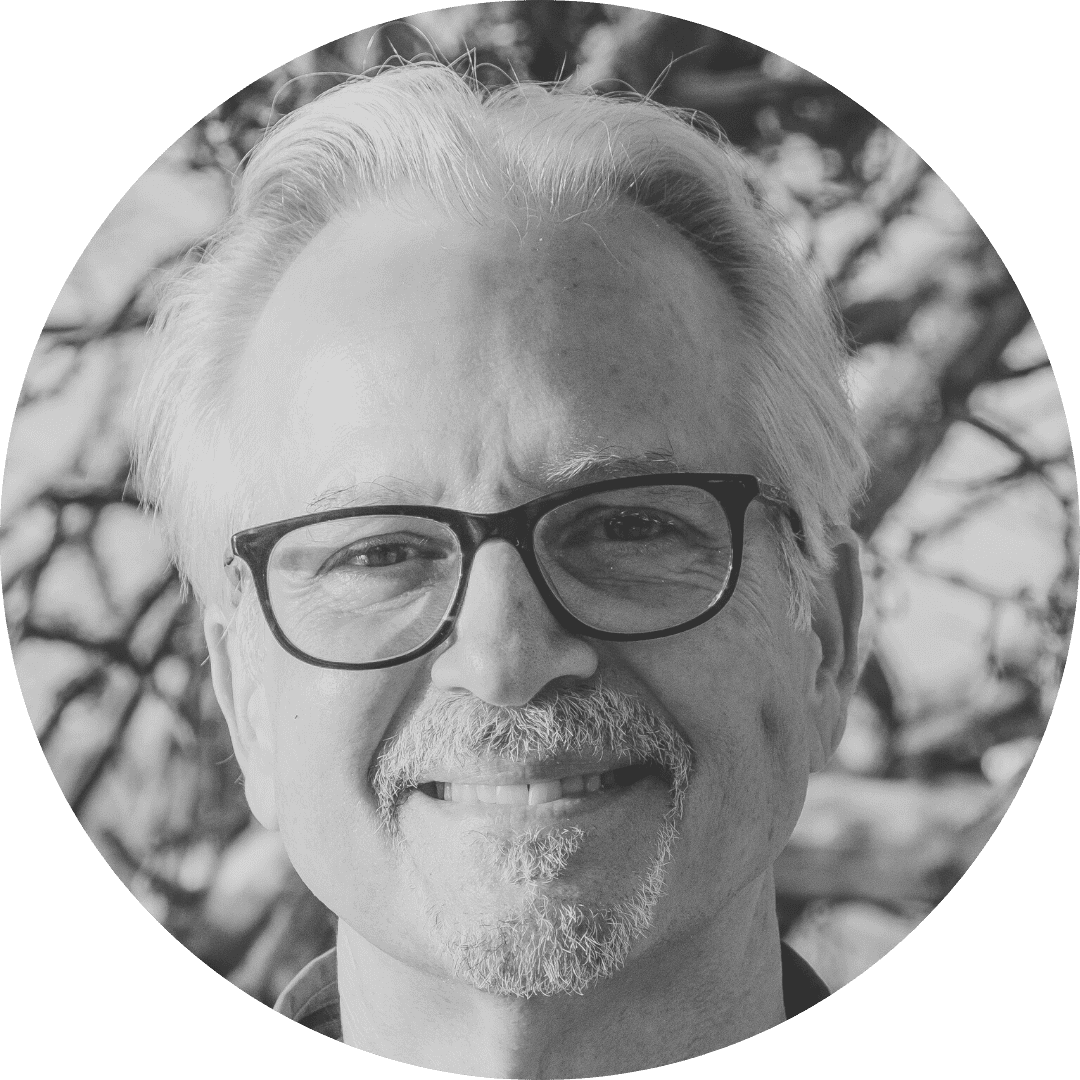
Co-founder and Chief Learning Officer, Future Tide Partners
If there is a topic or speaker that you would like to recommend for future cohorts of this course, please email us at [email protected]. We look forward to hearing from you.
a course of...
Upon enrollment in this course you will get access to the With Life Community – an ongoing learning community filled with new ideas, knowledge, and inspiration that supports a new regenerative mindset, as we learn to view the world through a living systems framework and to apply the patterns of living systems to seeing, working, and being in the world.
The With Life Community is a global community dedicated to learning the With Life Approach – an approach to organizing that holds the patterns of living systems at its foundation
Introduction to Regenerative Economics is a cohort-based course spanning eight weeks of scheduled sessions, featuring live lectures with John Fullerton, Discovery Dialogues with international thought leaders, and weekly Practice Labs, all facilitated live by our team at Capital Institute. In the cohort-based course, you will have the opportunity to engage with John Fullerton’s holistic vision of economics at greater depth, connect more deeply with the growing regenerative community, participate interactively via live Zoom sessions and Practice Labs, and learn from others who are applying the Eight Principles of Regenerative Vitality in banking, finance, and organizations worldwide.
Fundamentals of Regenerative Economics is an on-demand, self-paced course from Capital Institute featuring recorded video lectures from John Fullerton that can be taken as a prerequisite, primer, or refresher for any of Capital Institute’s cohort-based courses, and it can also stand alone as a solid introduction to the premises, frameworks, and principles of regenerative economics, grounded in the science of living systems and practical, real-world examples.
John Fullerton is an unconventional economist, teacher, writer, impact investor, and some have said philosopher. Building on and integrating the work of many, he is the architect of Regenerative Economics, first conceived in his 2015 book, “Regenerative Capitalism: How Universal Patterns and Principles Will Shape the New Economy.” His companion book Finance for a Regenerative World was released in 2018. Read more.
Many of our course participants choose to submit courses as an expense to their employer. If you have any questions about receiving an invoice or need help with this process, please reach out to us for support at [email protected].
The total cost of the program is $1000. We offer payment plans and scholarships for this course.
© 2023 All rights reserved